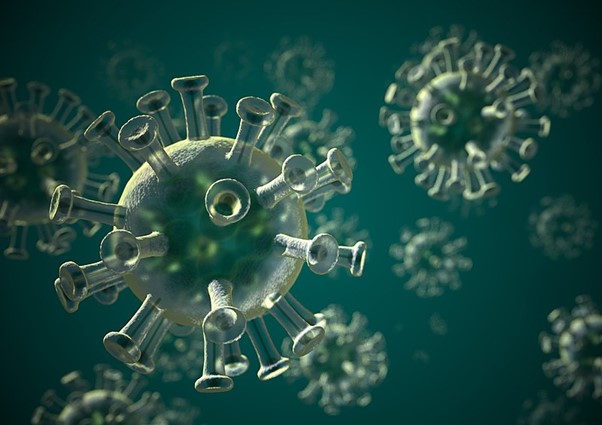
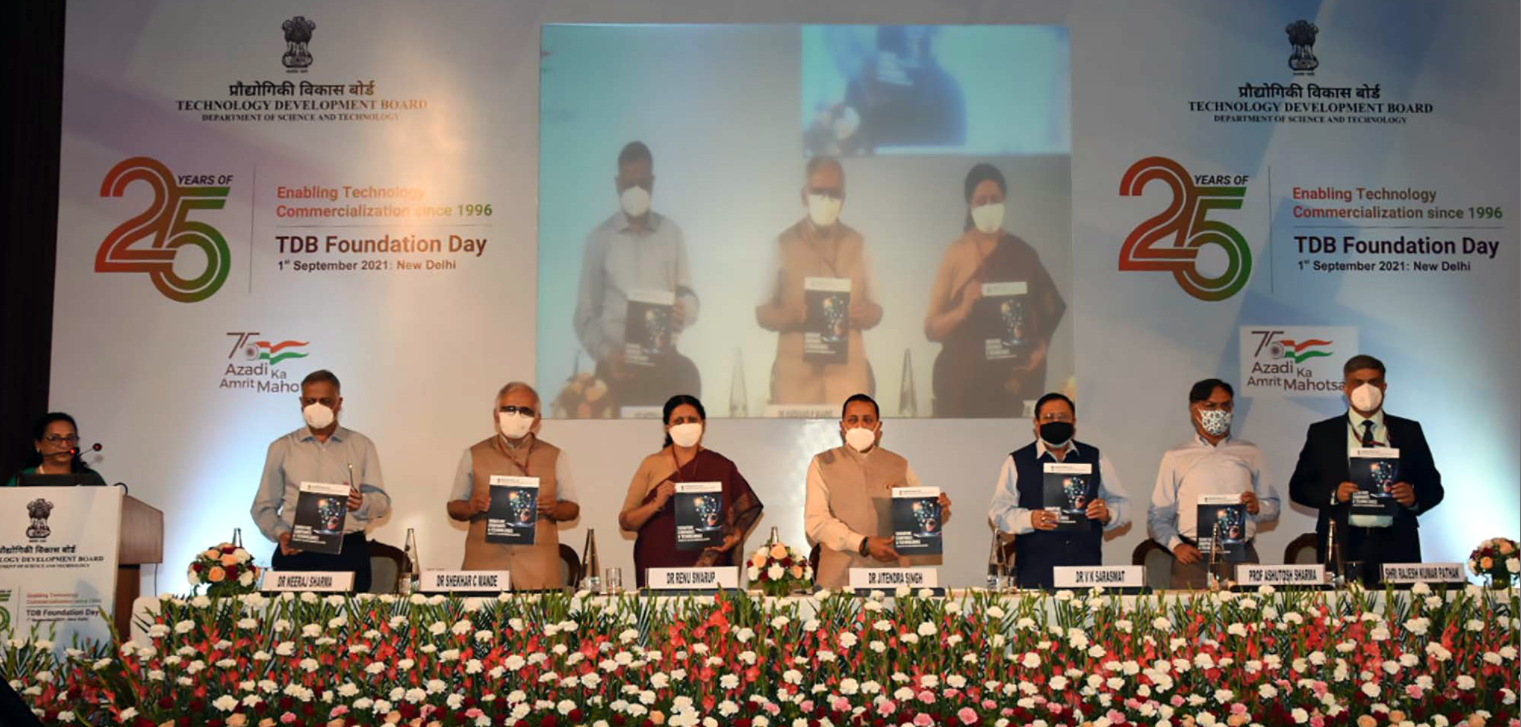
The Union Minister of State Dr. Jitendra Singh has said that the Technology Development Board must proactively reach out to young startups

The study led by Massachusetts General Hospital for Children and Brigham and Women's Hospital, Boston, USA, has revealed the critical mechanism that triggers the onset of Multisystem Inflammatory Syndrome in children.

A total of 20 films have bagged awards at the International Science Film Festival of India (ISFFI) 2020, which was held as part of the sixth India International Science Festival 2020 held from December 22-25


DBT’s Biotechnology Industry Research Assistance Council is implementing the Department’s Industry-Academia Collaborative Mission to accelerate discovery research to early development for biopharmaceuticals
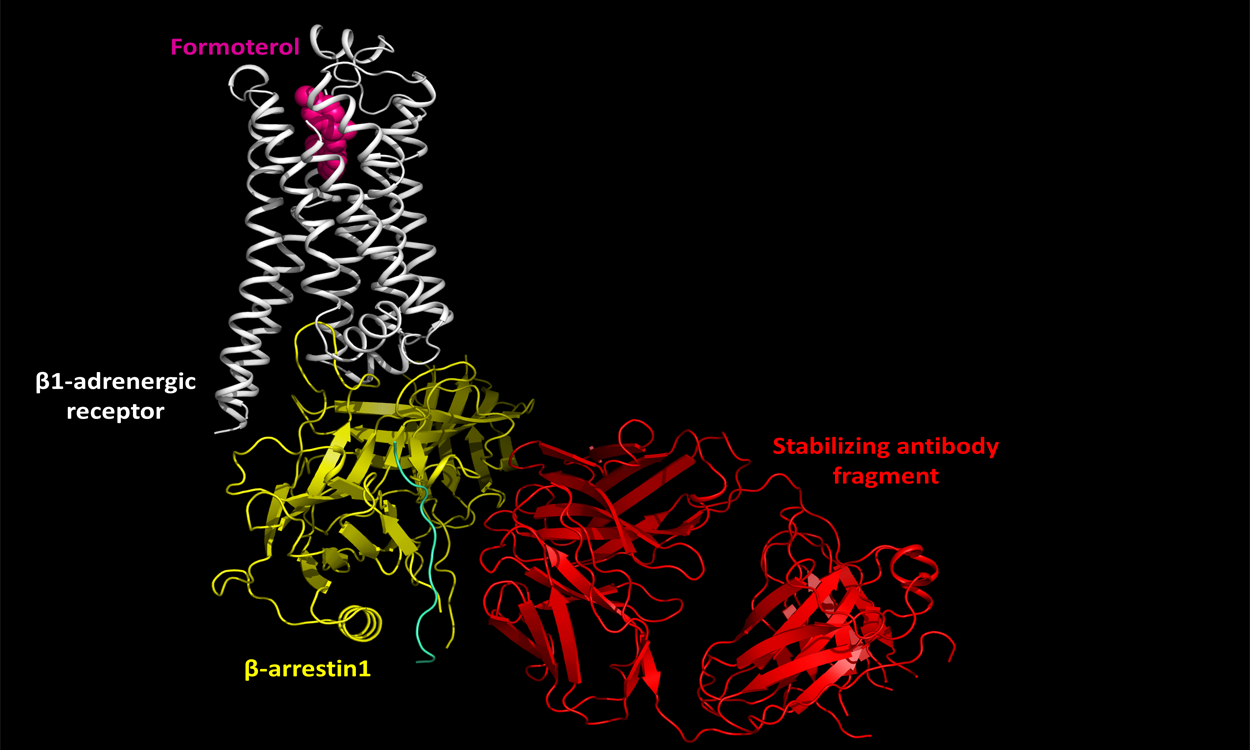
In a research article published in Nature, a team of researchers including Prof. Arun Shukla’s laboratory at IIT Kanpur, describe the structure of an asthma drug in complex with its target receptor and a regulatory protein in action.
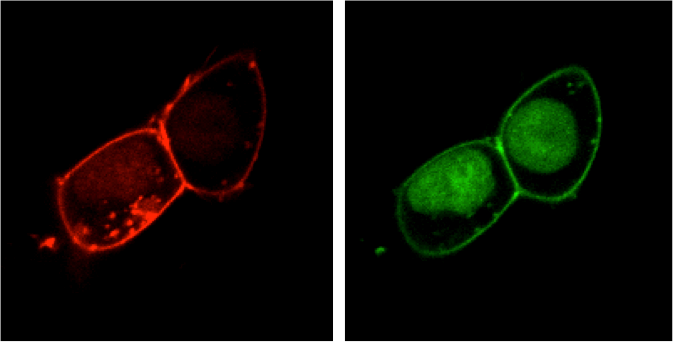
Researchers from IIT Kanpur have engineered antibody-based biosensors in the laboratory using protein-design approaches. These biosensors report the activation of important drug targets, and the approach used in this study also offers new solutions to the long-standing challenge of generating high-quality antibodies for life science research
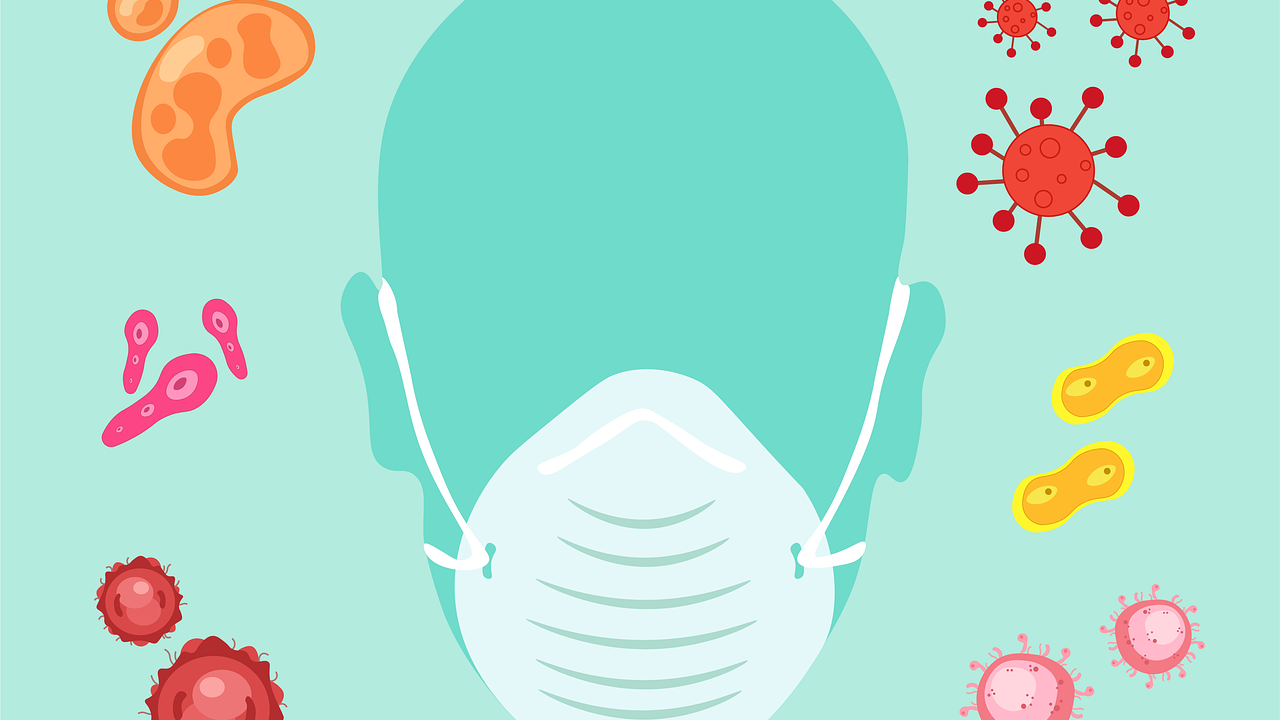
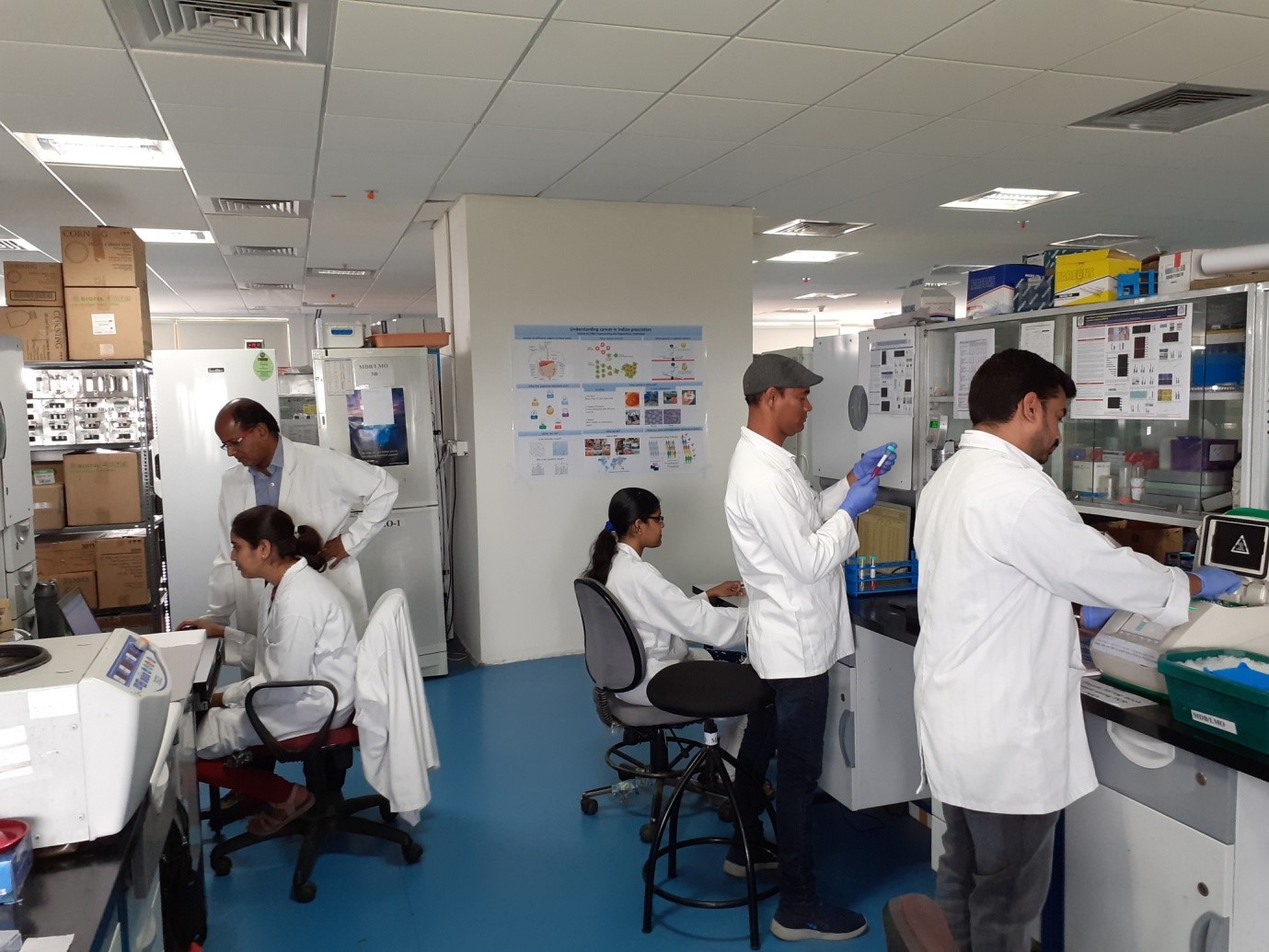
A new therapy for tongue cancer could be in the offing, with a team of scientists at the Department of Biotechnology’s Hyderabad-based Centre for DNA Fingerprinting and Diagnostics coming out with a new insight into the mechanism by which an anti-cancer protein helps in the development of cancer when it mutates

The Wellcome Trust/DBT India Alliance has called for applications for its Senior and Intermediate Fellowships under the track of Basic Biomedical Research
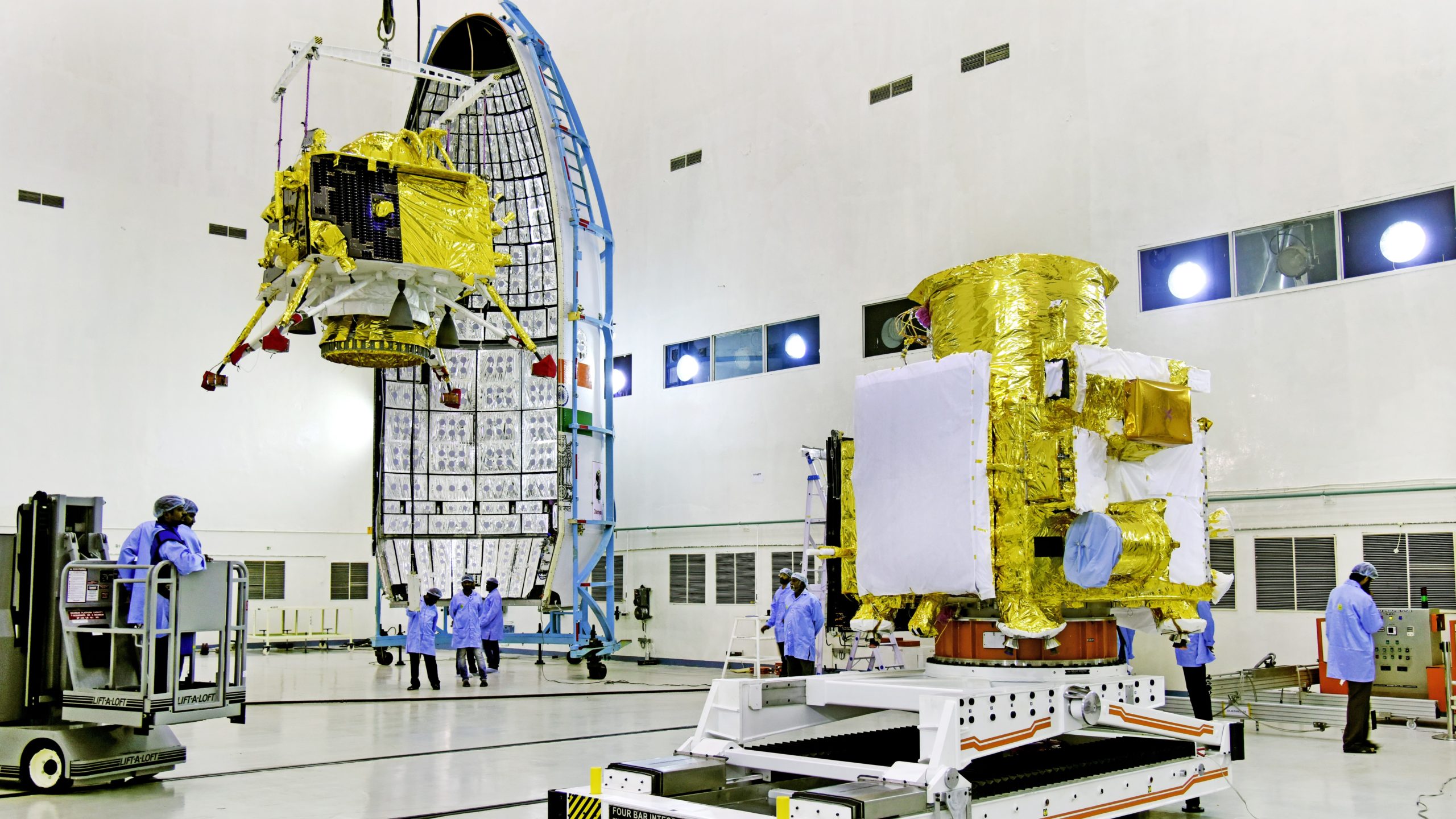
Chandryaan-2 may have dominated popular imagination during 2019 despite the lander Vikram failing to soft-land on the lunar surface, but the year was marked by several significant developments by Indian scientists in fields ranging from nanotechnology to climate change

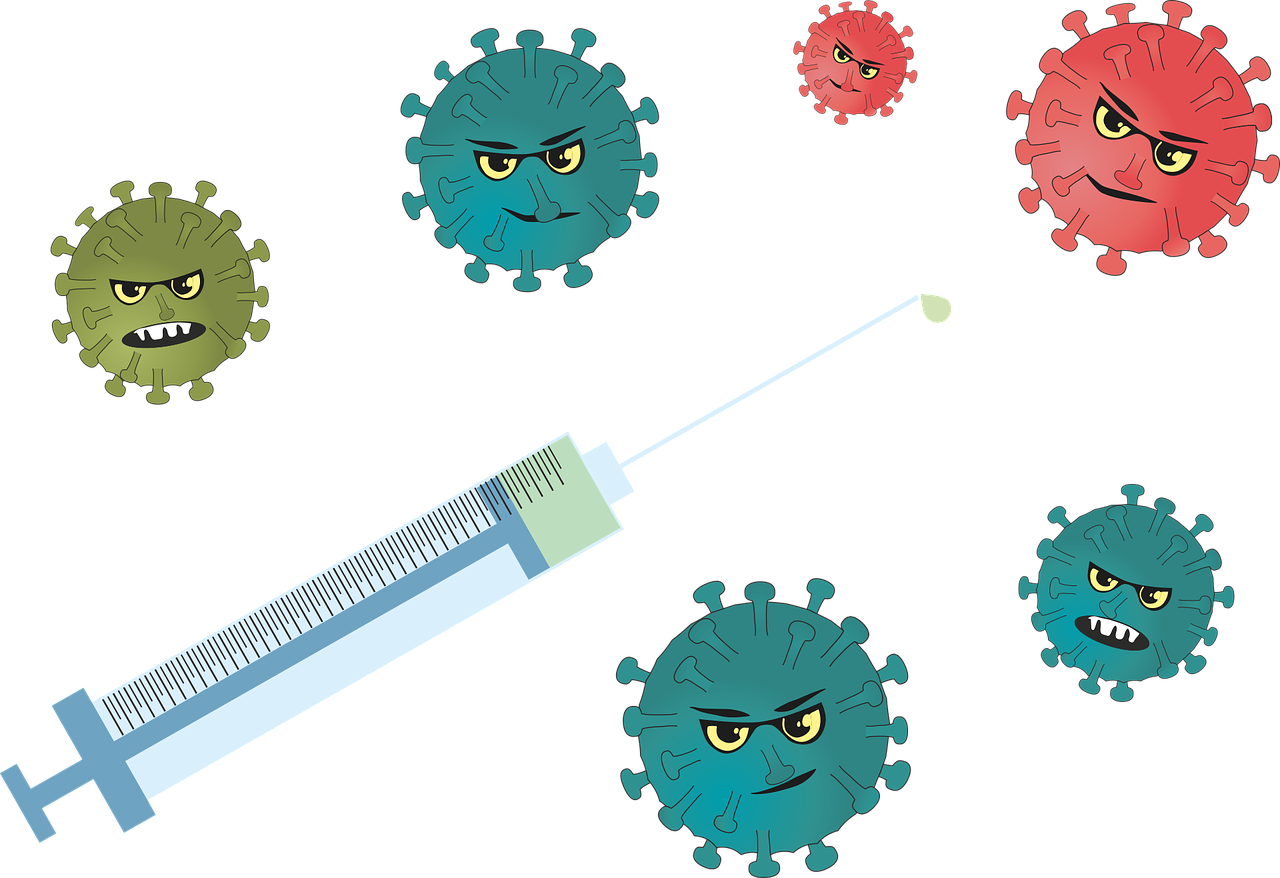
A rabies vaccine relaunched on Wednesday by Chiron Behring Vaccines, a part of Bharat Biotech, promises to address the need to a great extent. It is a purified chick embryo cell (PCEC) anti-rabies vaccine to be sold under a new trade name, Chirorab
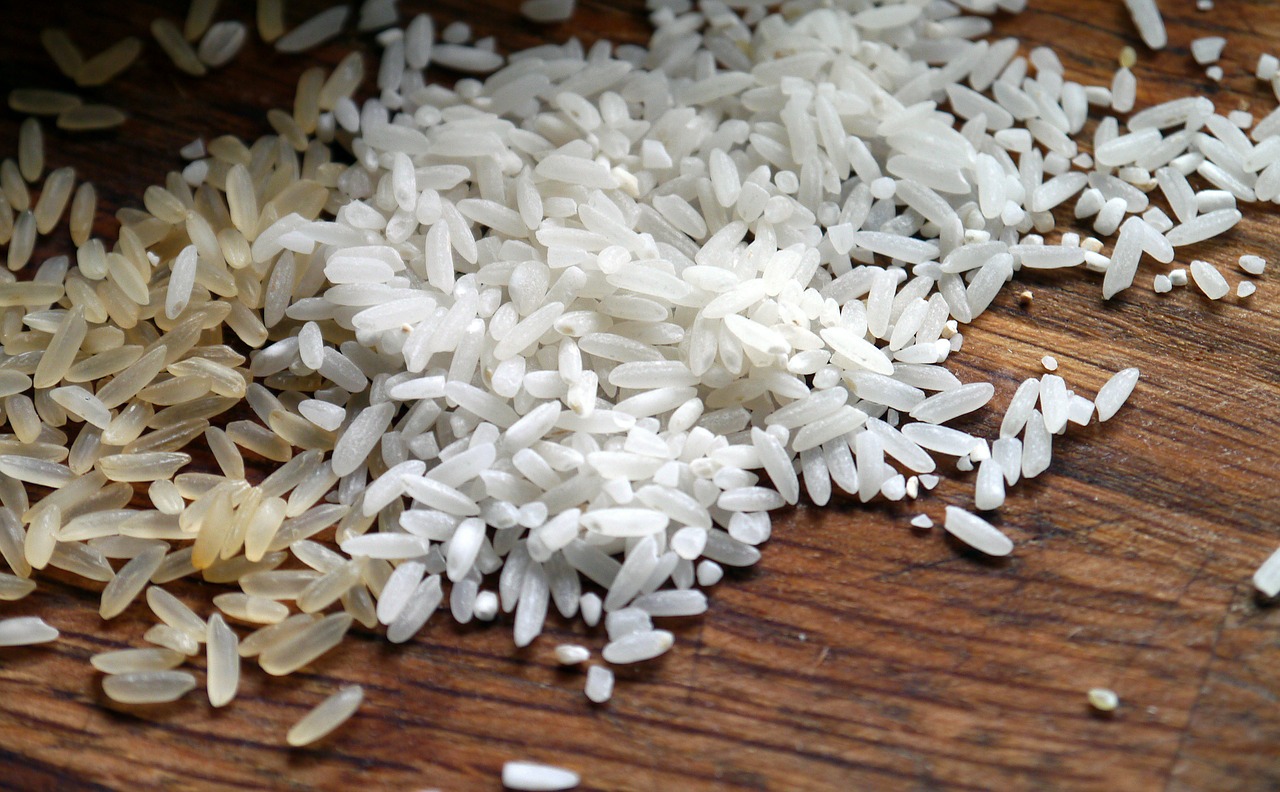
Rice yield in India is low compared to other countries like China and Japan though it has the largest area under rice cultivation. Now scientists at the National Institute of Plant Genome Research here have identified a gene that is involved in regulating the size of rice grain
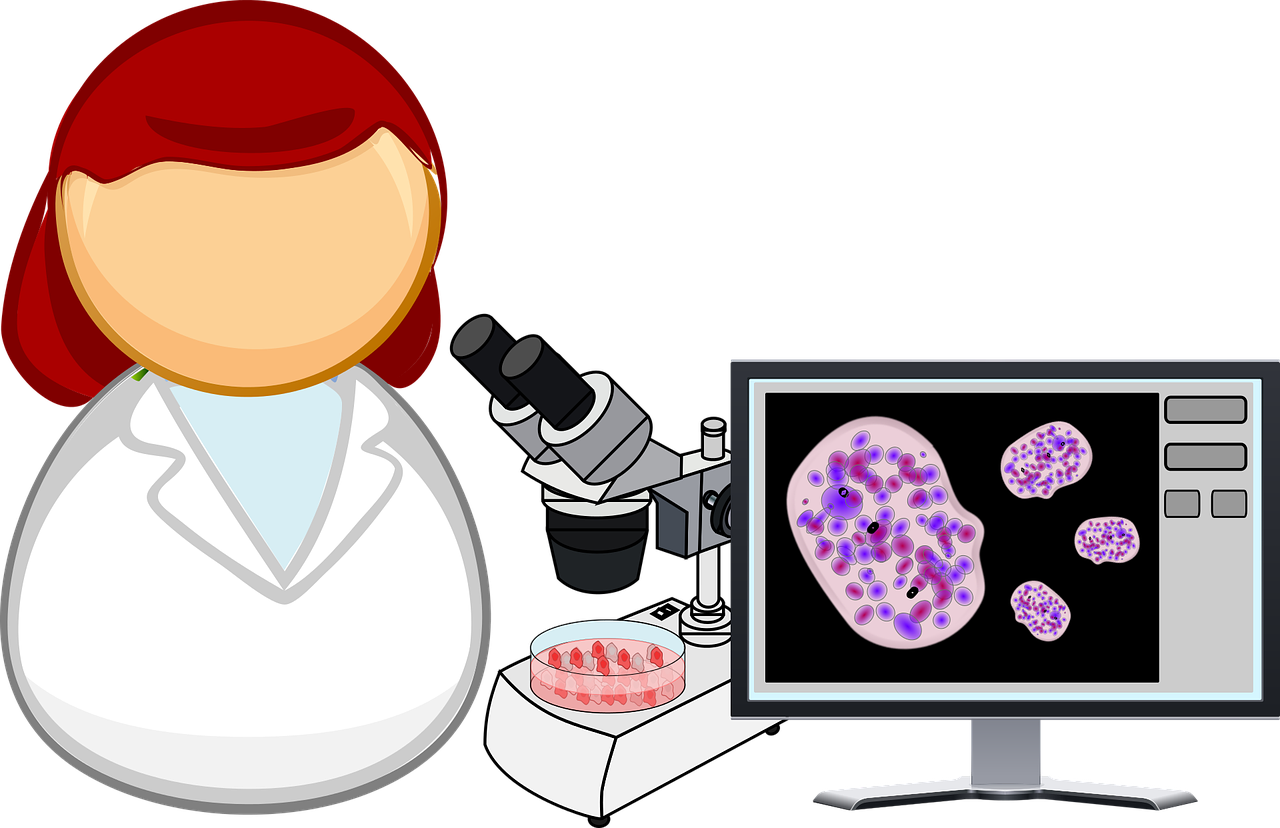
The traditional way of producing meat by slaughtering animals may be a matter of past in a few years as Indian scientists begin work on ‘cultured meat’ - meat made by cells extracted from animals


A group of Indian researchers has found that a substance formed during the process of metabolism of berries and pomegranates in the human gut may help mitigate inflammatory bowel disease that afflicts millions of people globally
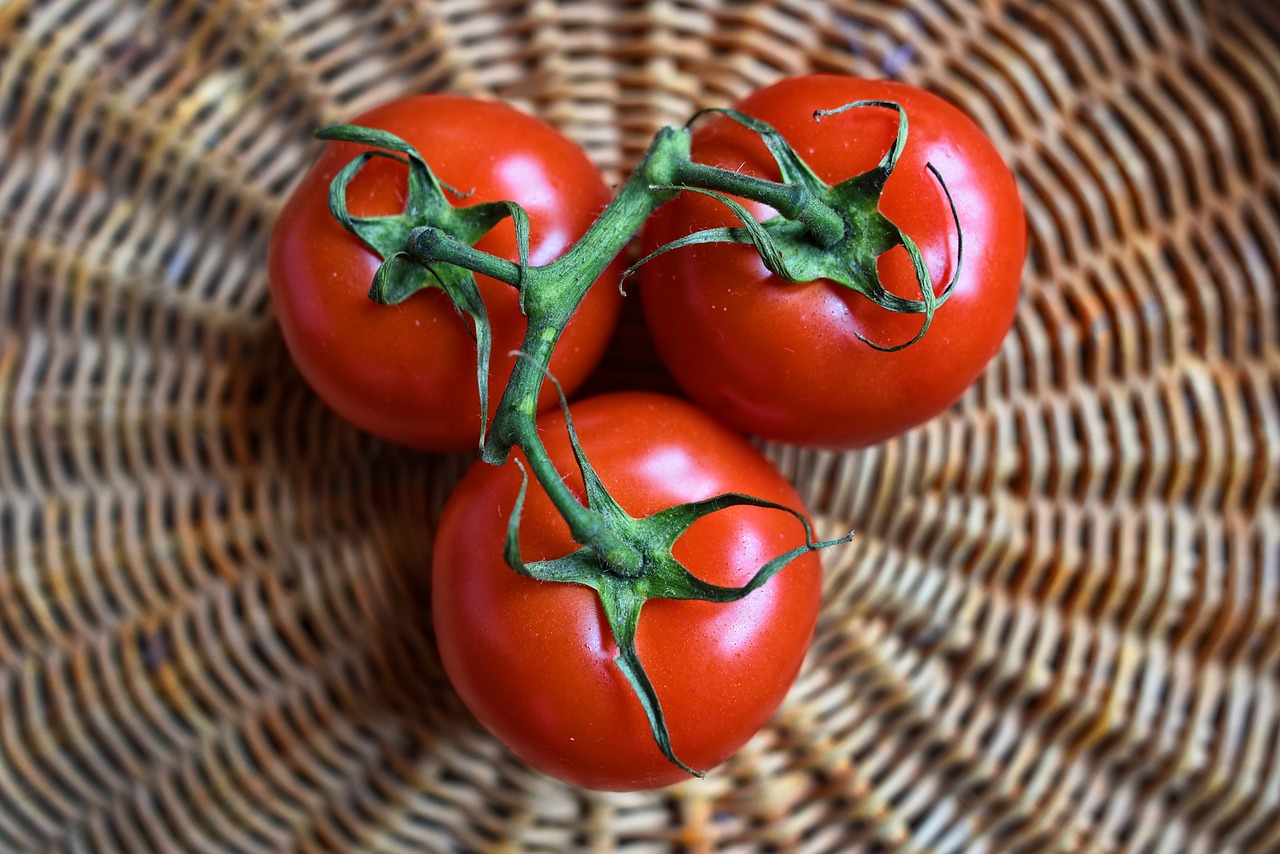
Scientists at New Delhi-based National Institute of Plant Genome Research have deciphered the critical role of a single gene - SlDEAD35 - in tomato plant whose expression controls its response to both heat stress and viral infection

The year 2018 is ending with the spectacular success of Indian scientists and technologists in the space and defense sectors, with a series of high impact missions
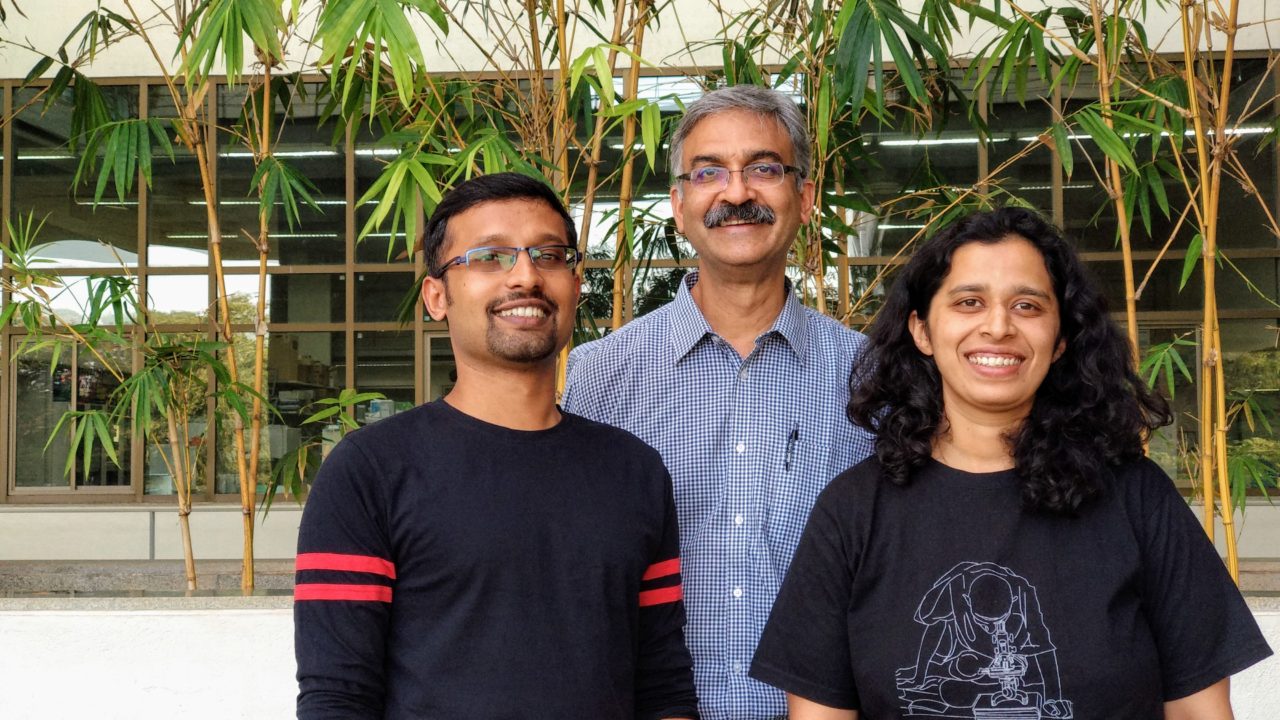
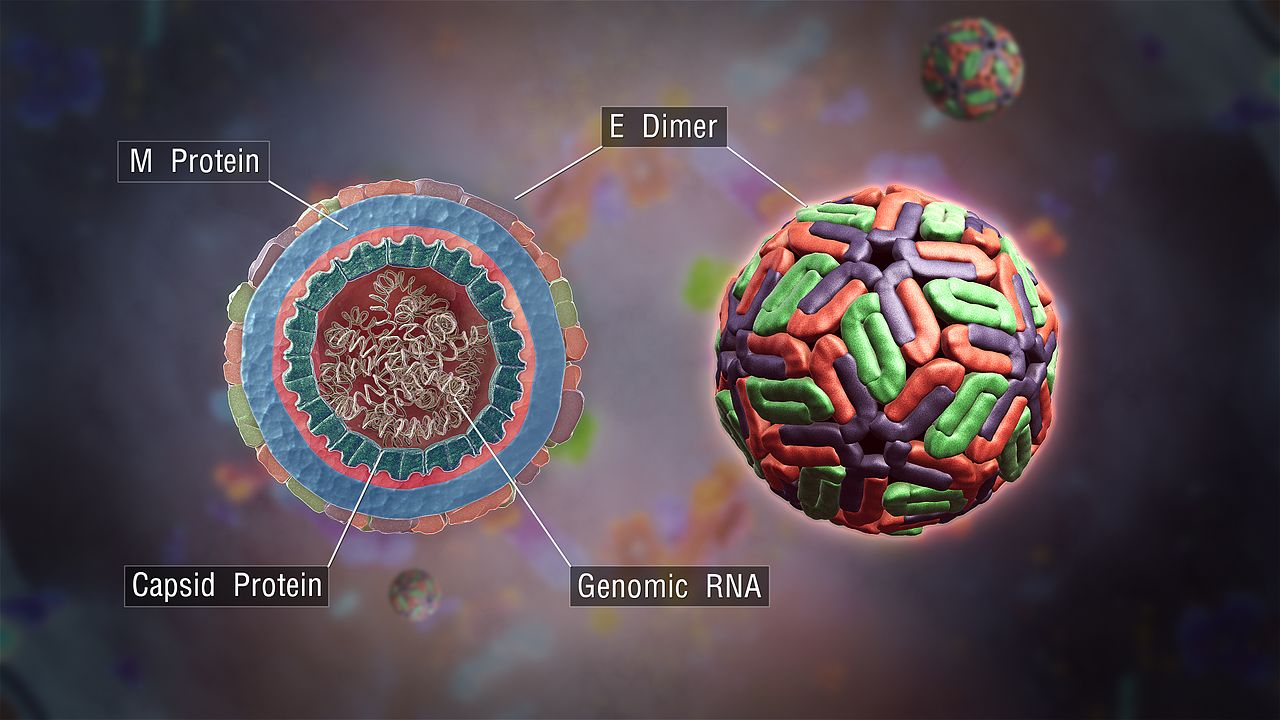
Now a collaborative study led by a team of Indian scientists has identified a key protein which helps dengue as well as Japanese Encephalitis viruses replication inside the human body by inhibiting anti-viral cytokines. This finding could pave way for the development of targeted therapeutic agents against dengue and JE viruses.
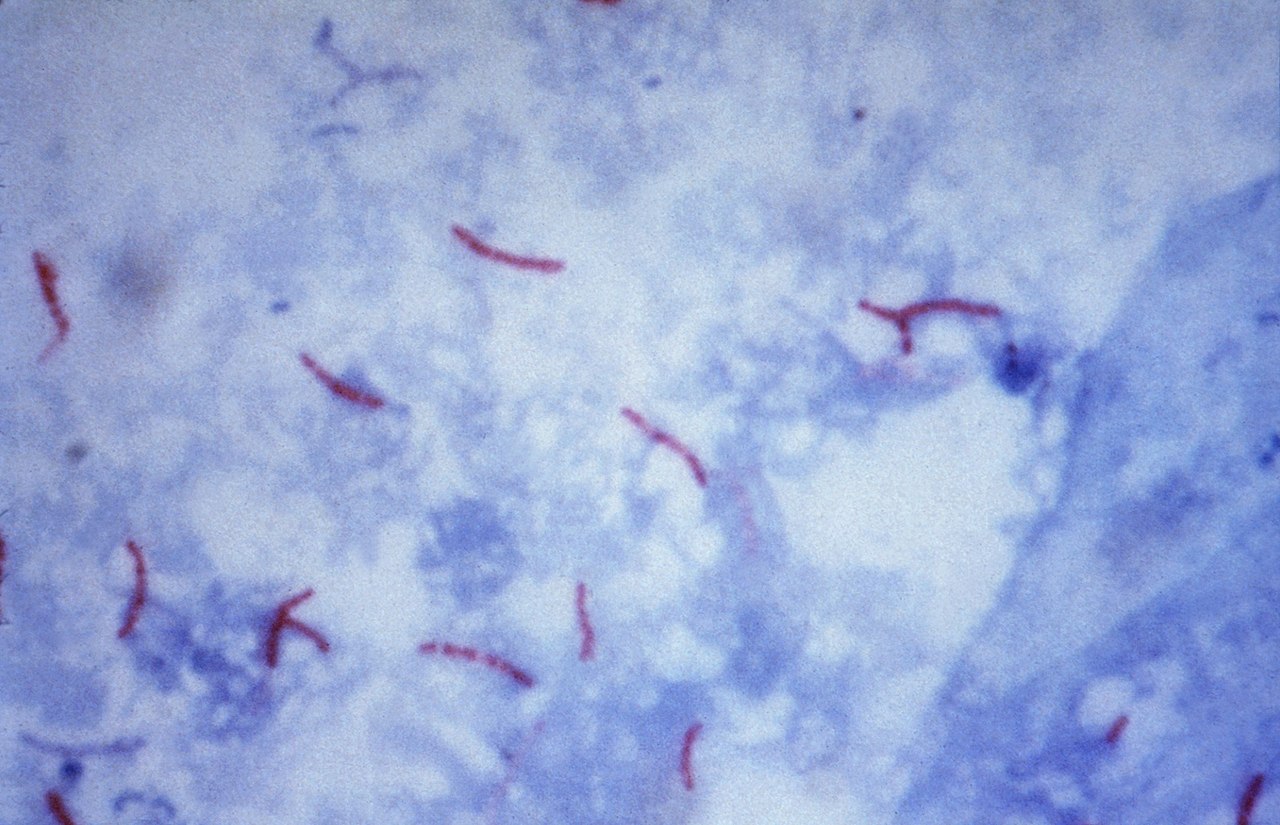
Scientists at the Translational Health Science and Technology Institute here and All India Institute of Medical Sciences, New Delhi have jointly developed highly sensitive and rapid tests for detection of tuberculosis infection in lungs and surrounding membranes.
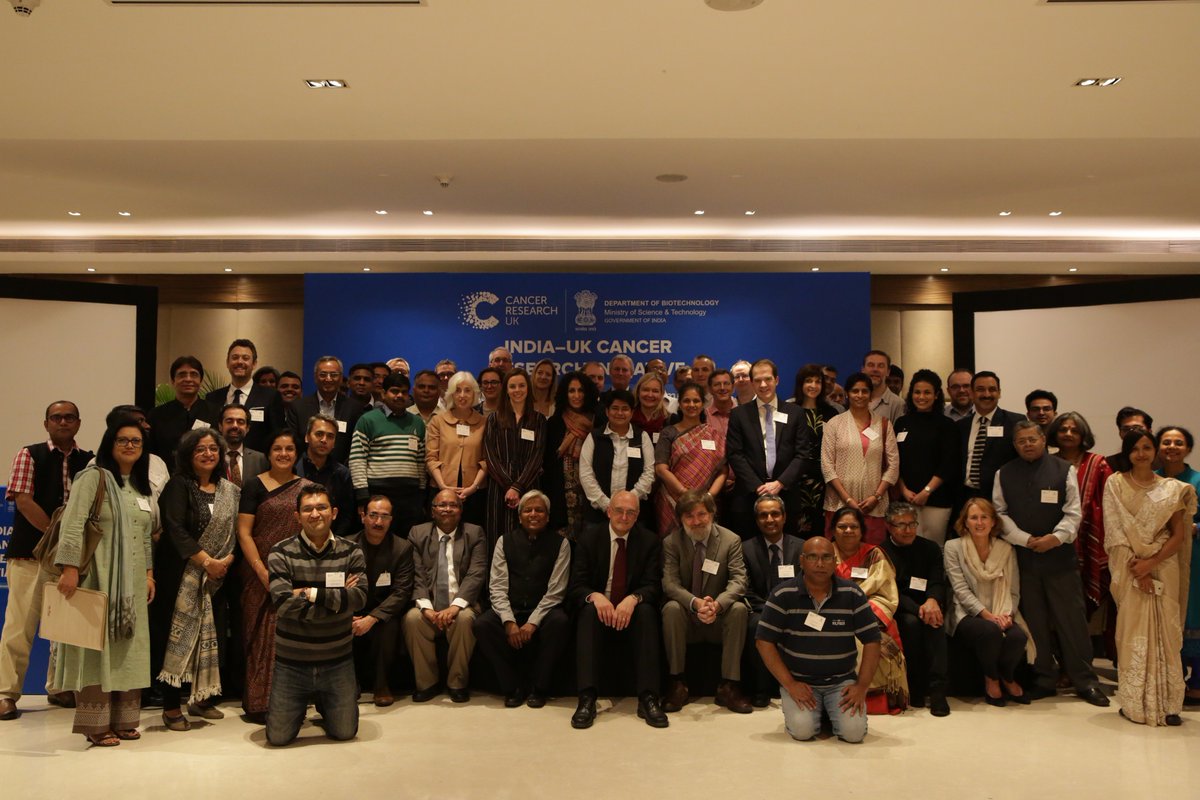
India and the United Kingdom today launched a British Pounds 10 million collaborative research programme that will address issues of affordability, prevention and care of cancer by bringing together Indian and UK experts across clinical research
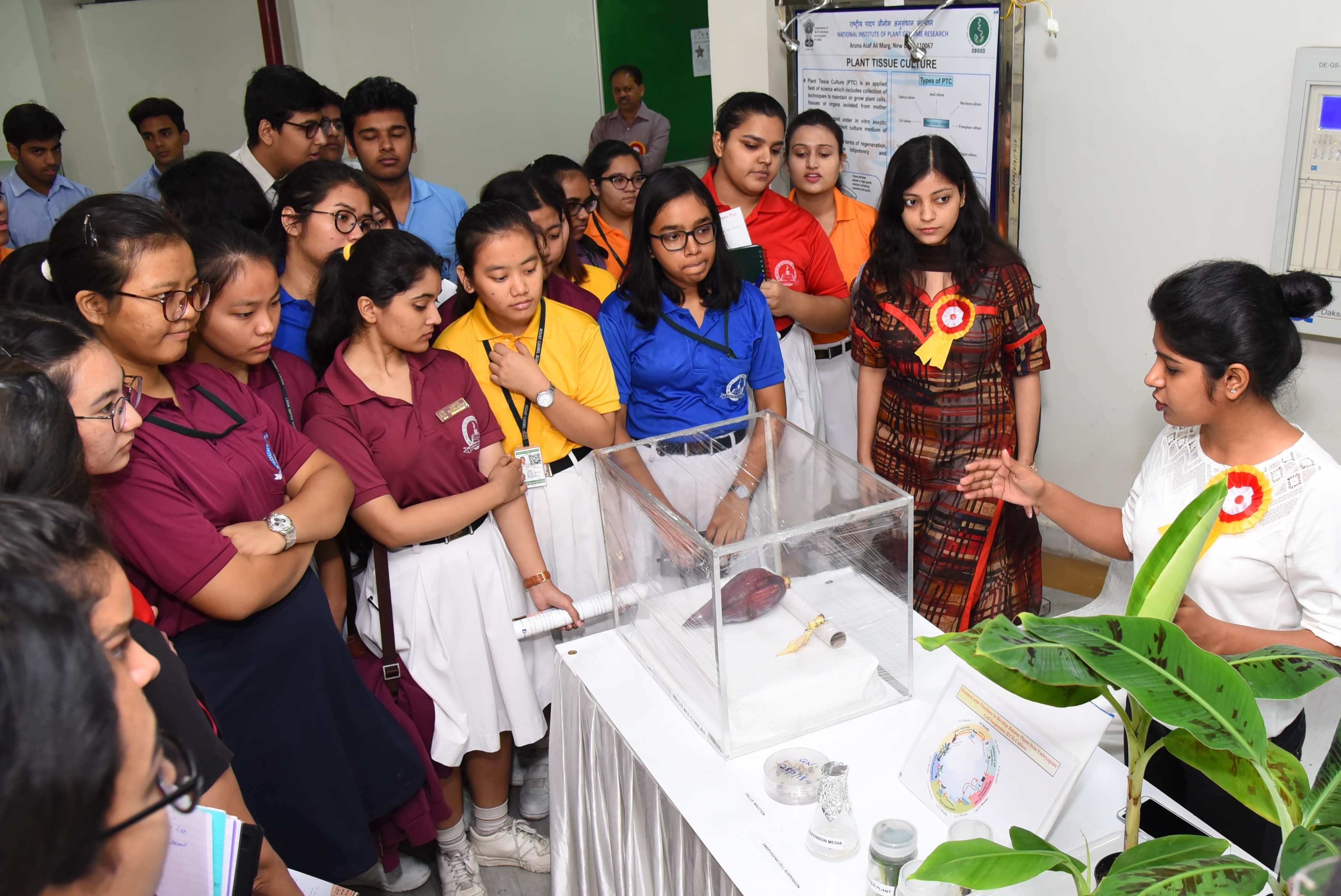
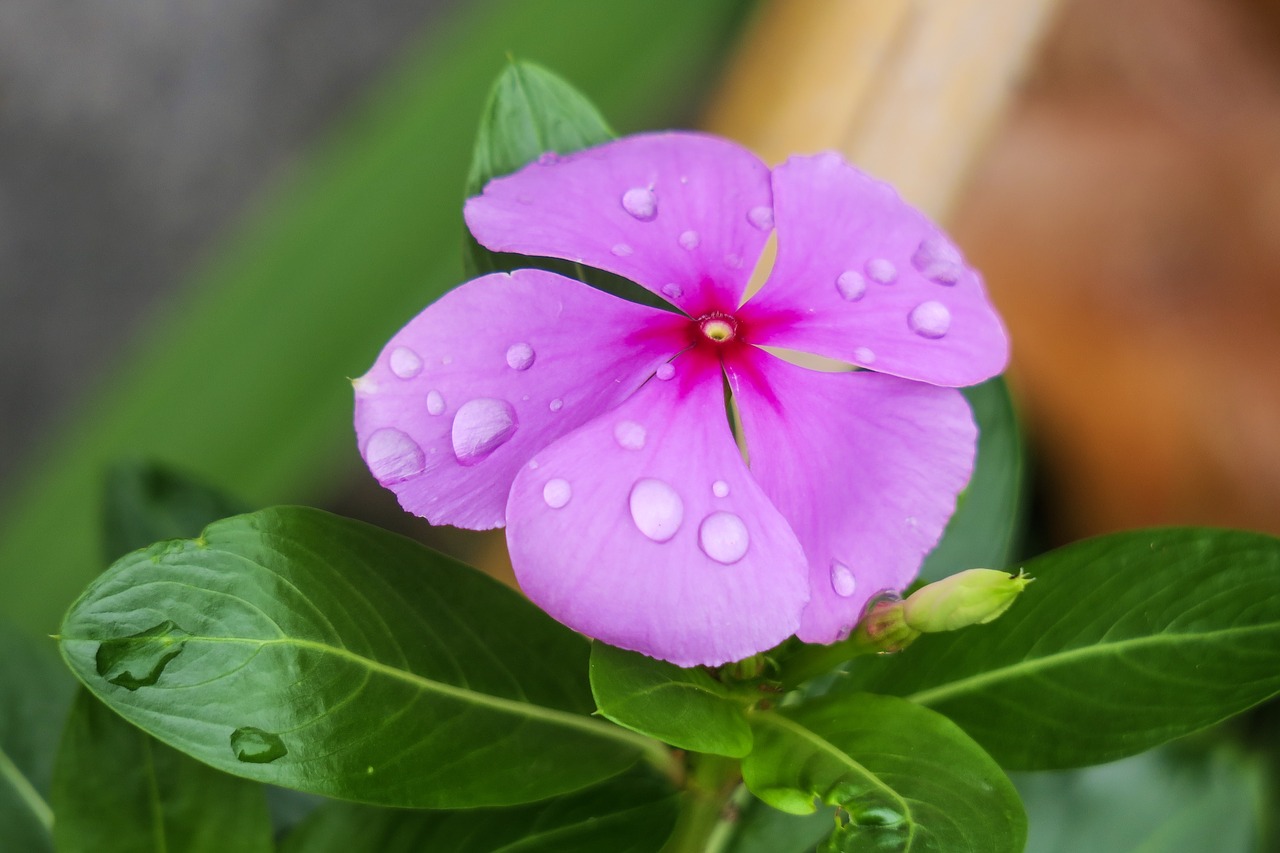
A team of researchers at the Indian Institute of Technology-Roorkee, have developed a set of fluorescent carbon nano-dots that promises to serve as a diagnostic-cum- therapeutic agent for cancer
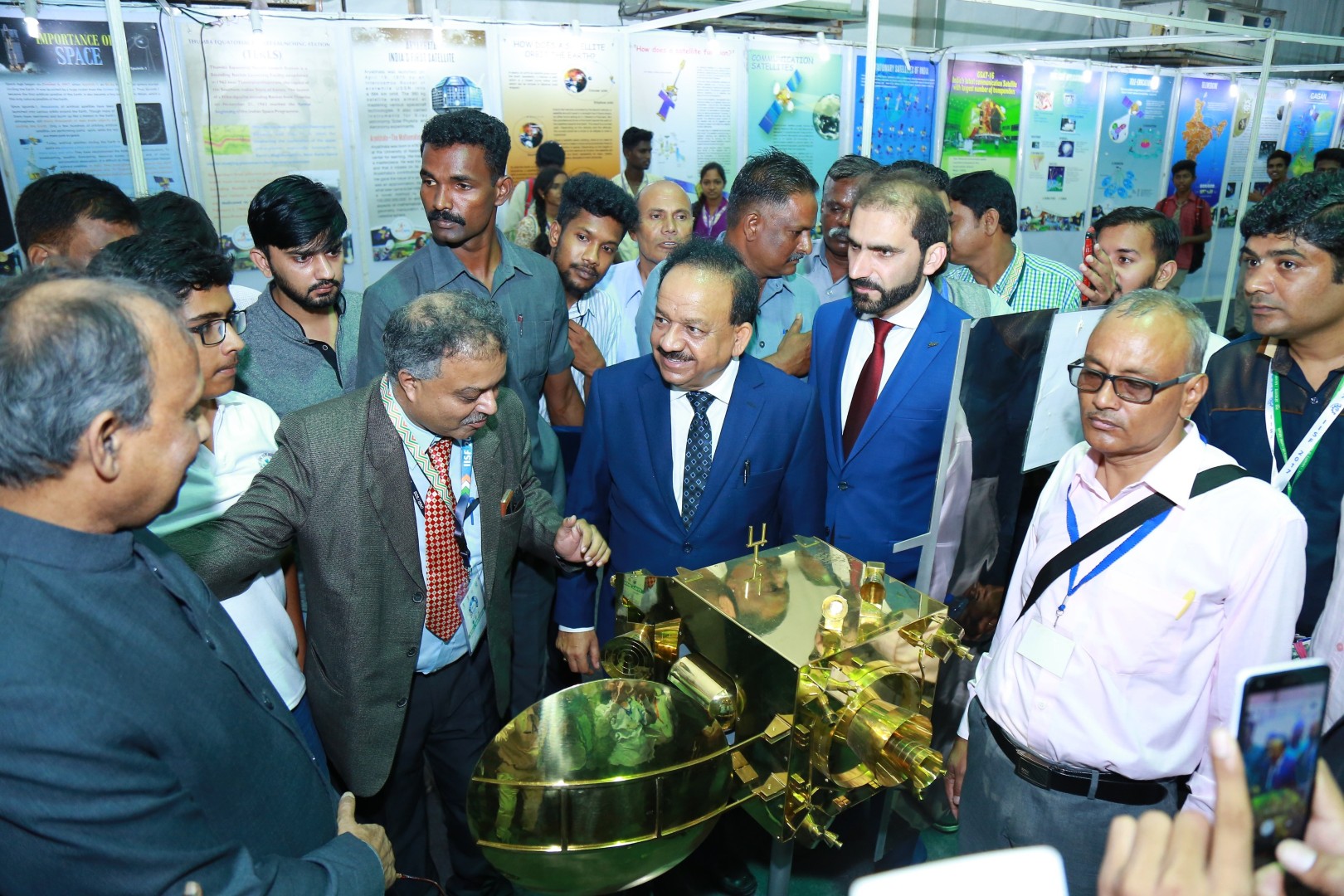
A cost-effective, cloud-enabled device for diabetes care, an obstacle avoiding robot, a weed that can be used to make useful items and many more. These are some of the ideas and products on display at the Science and Technology for Harnessing Innovations exhibition which concludes at the fourth India International Science Festival today
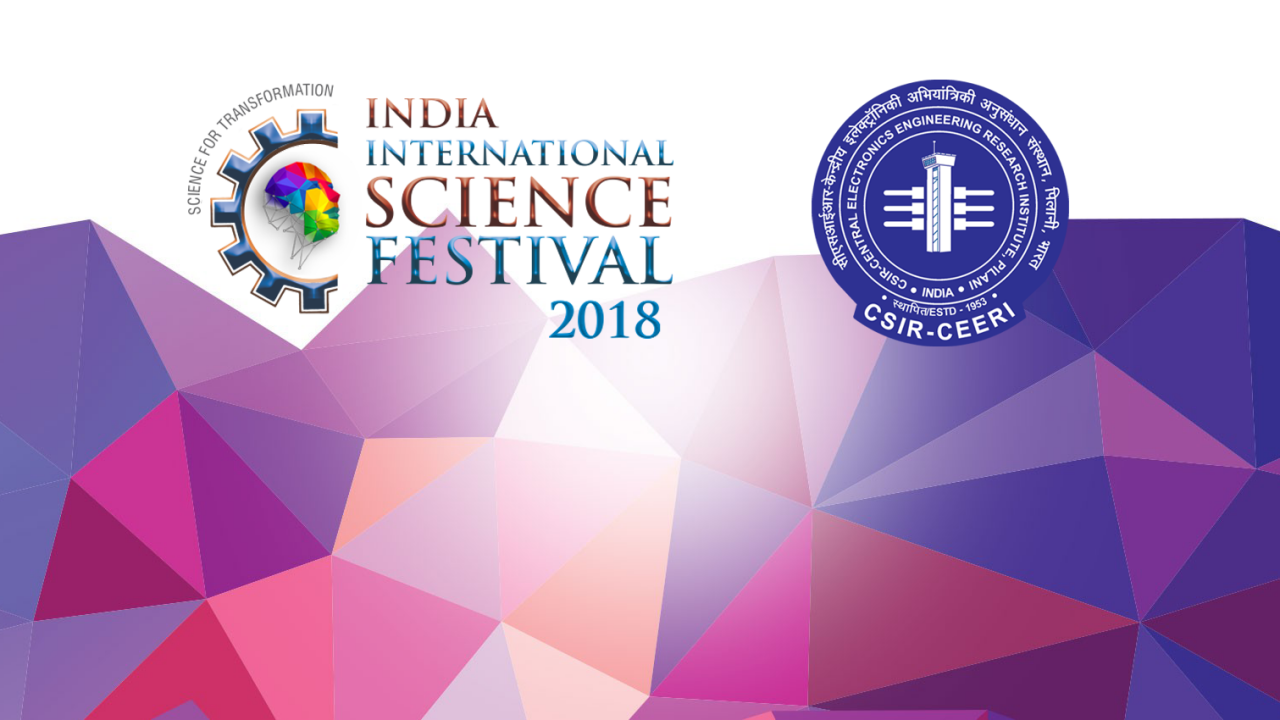
The second day of the India International Science Festival (IISF) evoked a huge response from students, young researchers, teachers, and the scientific community. Speakers in different sessions discussed ways of connecting science with society
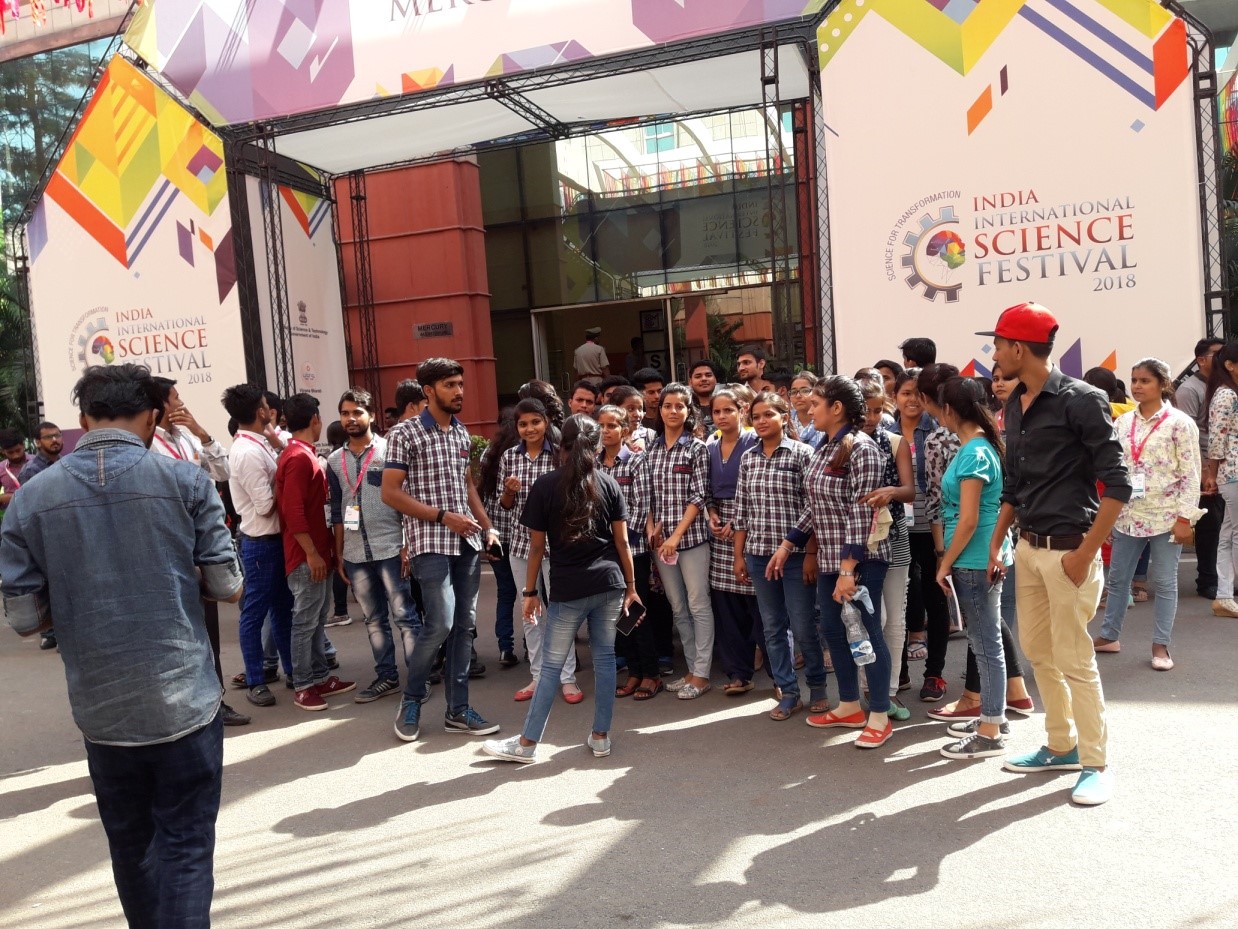

Excessive use of nitrogen, phosphate and potassium-based fertilizers is causing environmental contamination and abuse of fertilizer subsidies. Now Indian scientists have identified rice cultivars that are efficient in nitrogen use
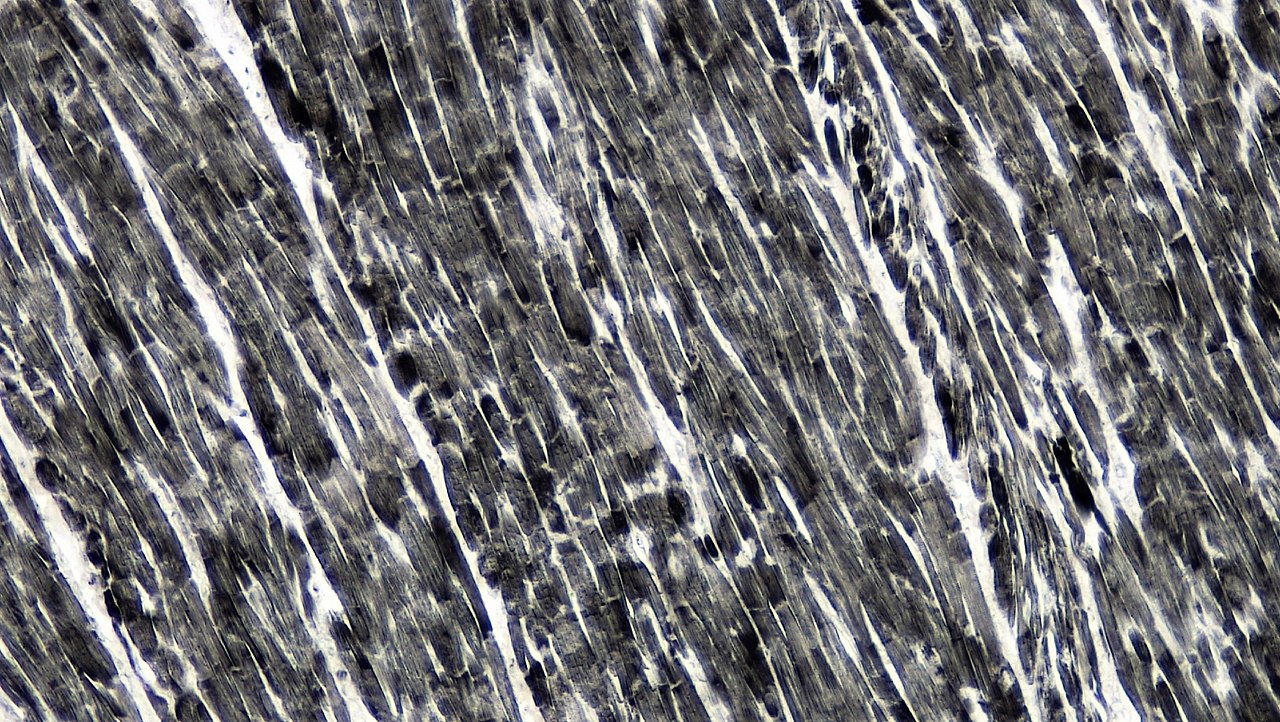
Indian researchers have identified the mechanism by which muscles above the neck, known as head muscles, are formed during development of an embryo in the womb

In order to educate the general public about scientific research and its benefits, DBT-National Brain Research Centre, Manesar - organized an Open Day on September 20, 2018, under India International Science Festival 2018 (IISF) banner
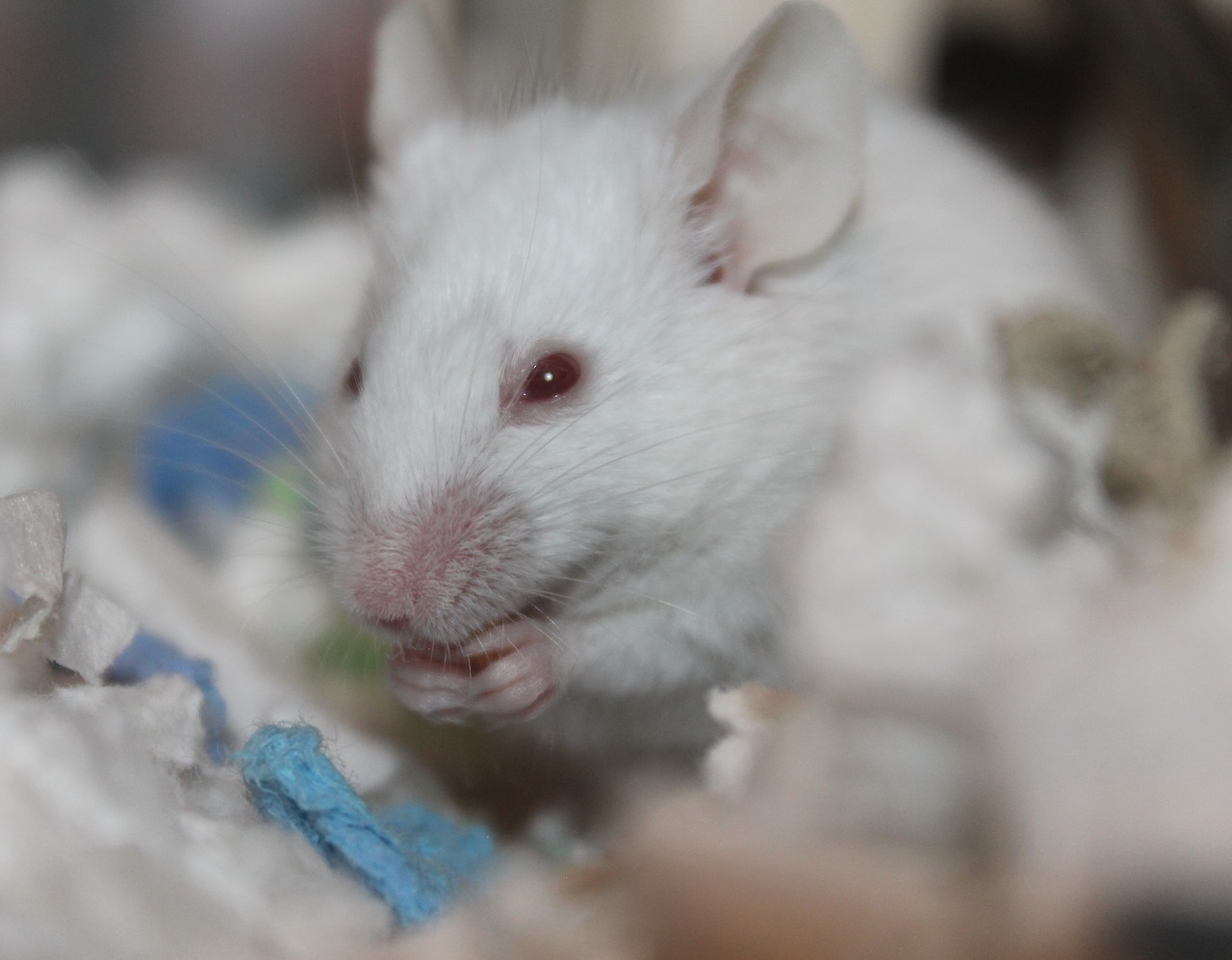
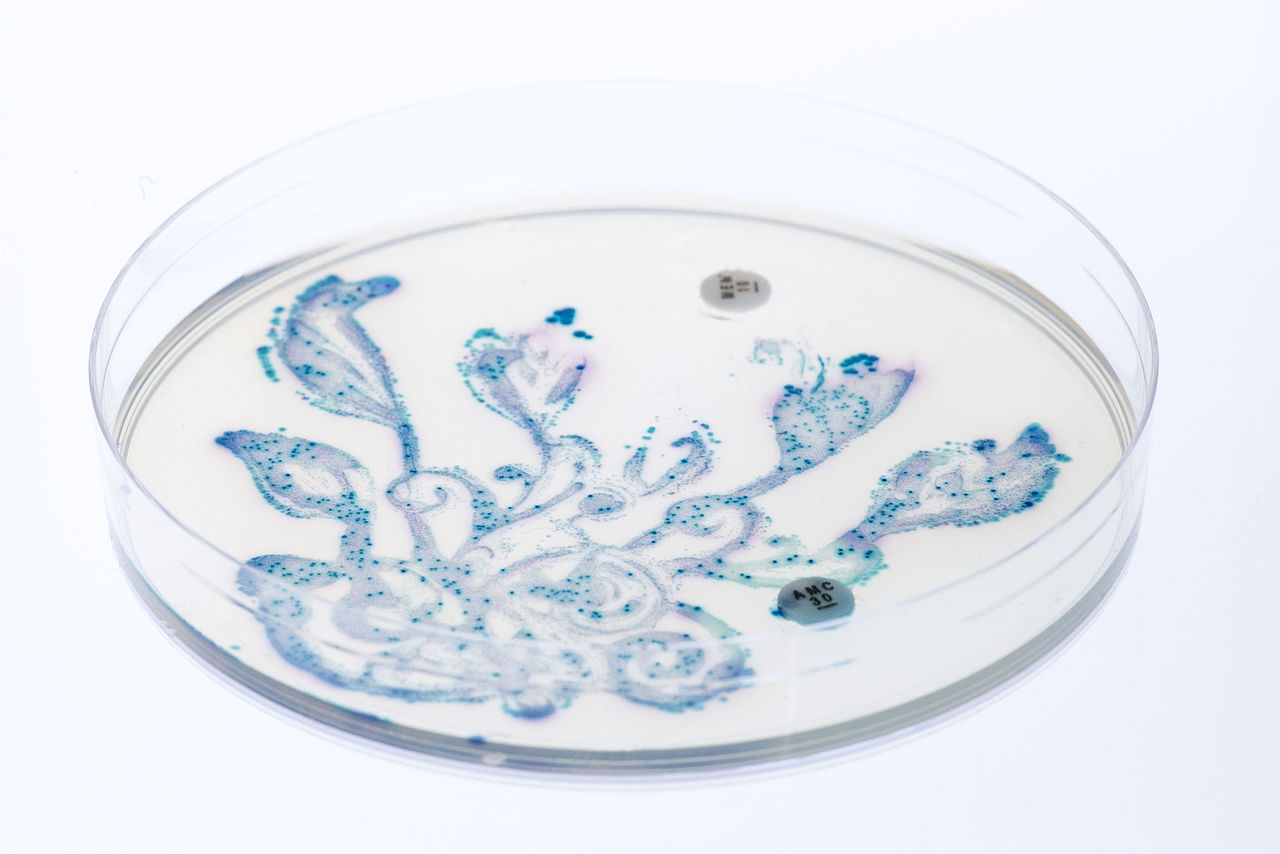
Scientists at the Translational Health Science and Technology Institute have found that friendly gut bacteria are a reservoir of drug resistance genes which when transferred to disease-causing bacteria may make them untreatable.
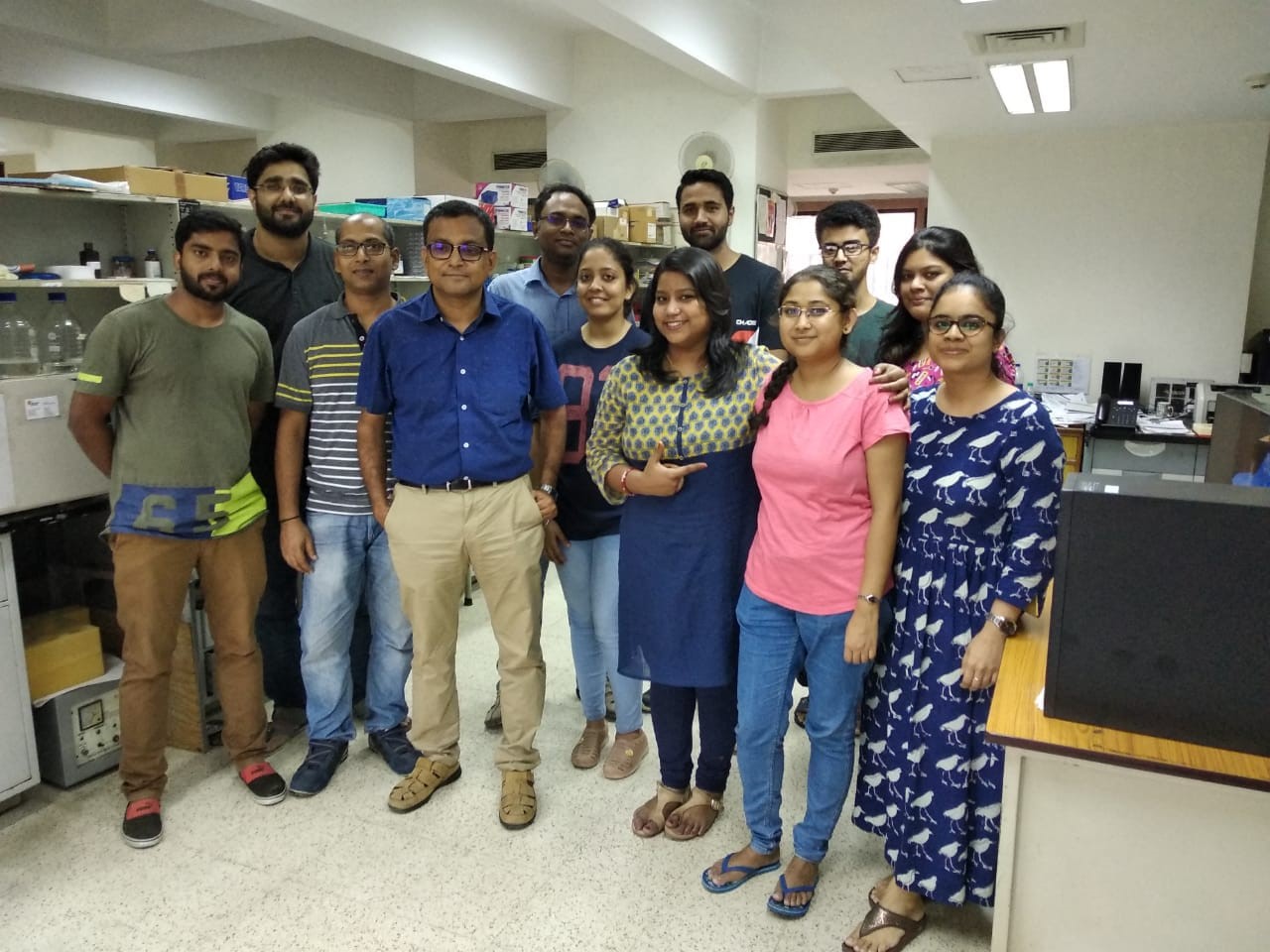
A team of researchers from the National Brain Research Centre have identified proteins that facilitate entry of Japanese Encephalitis virus inside the brain cells
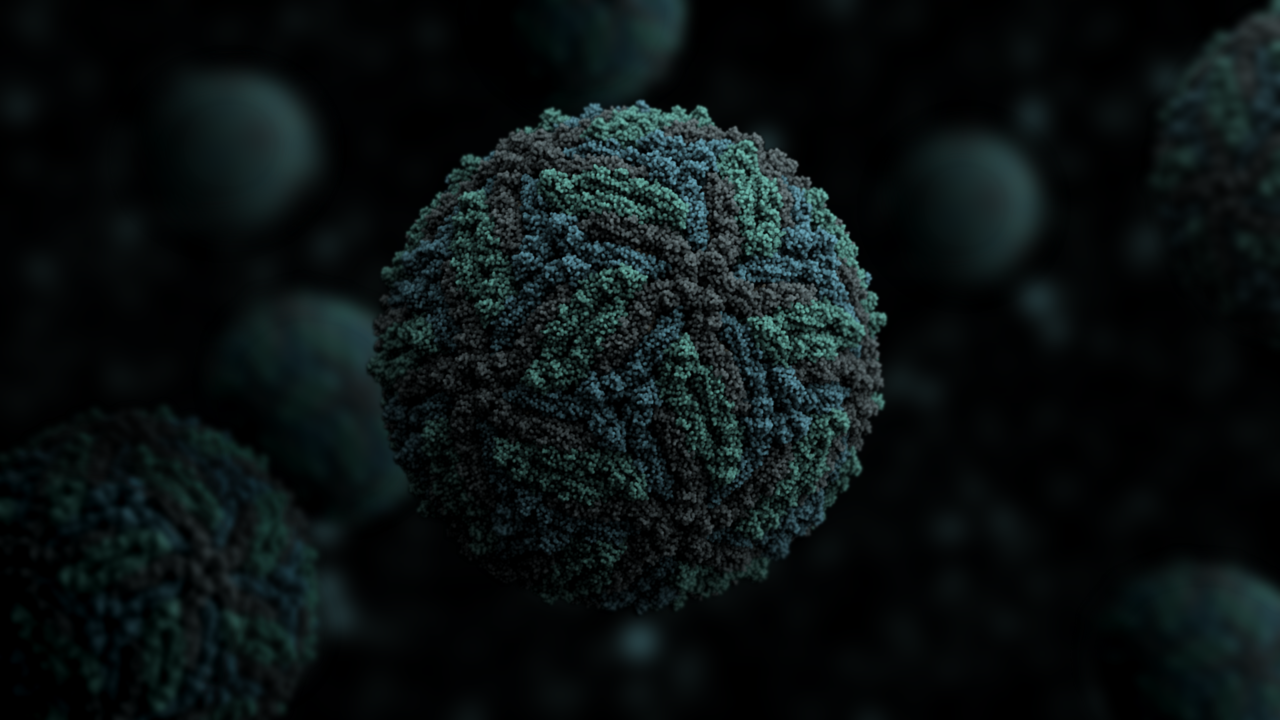
Researchers at the National Brain Research Centre (NBRC) at Manesar have carried out detailed investigations to understand cellular and molecular mechanisms that may help to understand how zika causes microcephaly in babies.

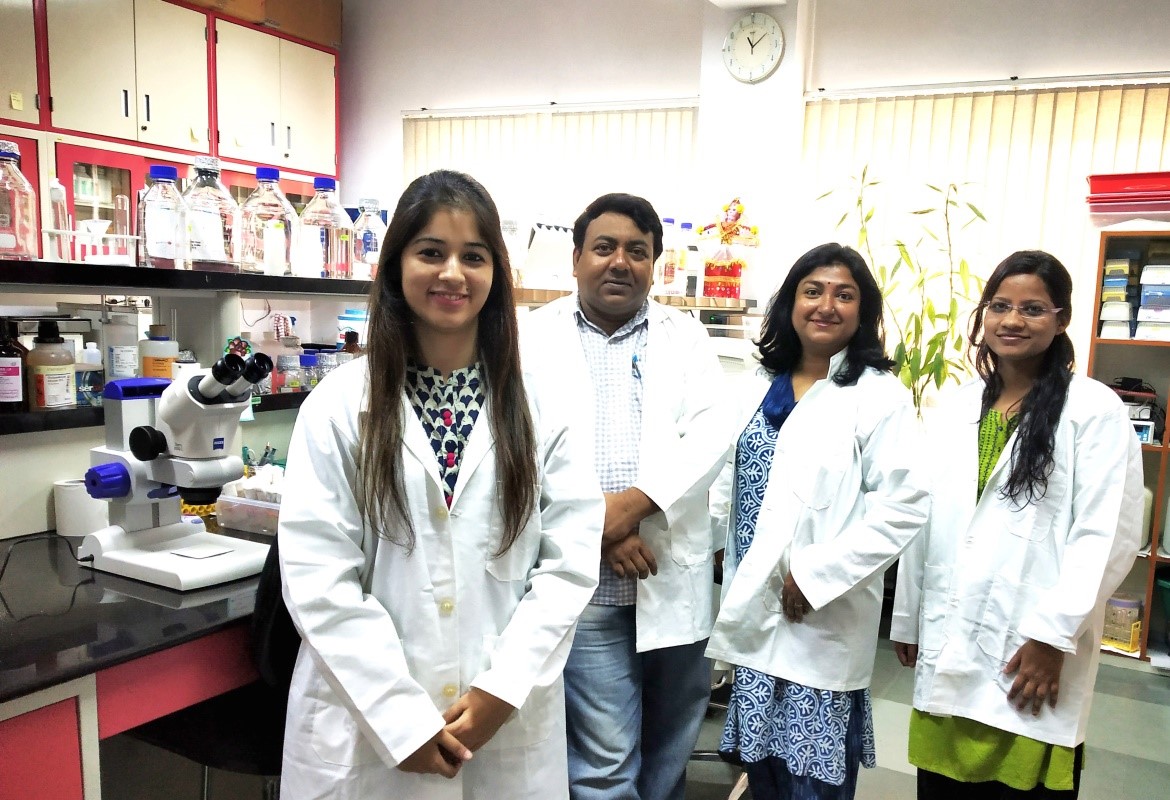
A study by researchers at Department of Genetics at Delhi University South Campus has indicated that it was possible to restrict the progression of Huntington’s disease by increasing insulin signalling in the brain neuronal cells.
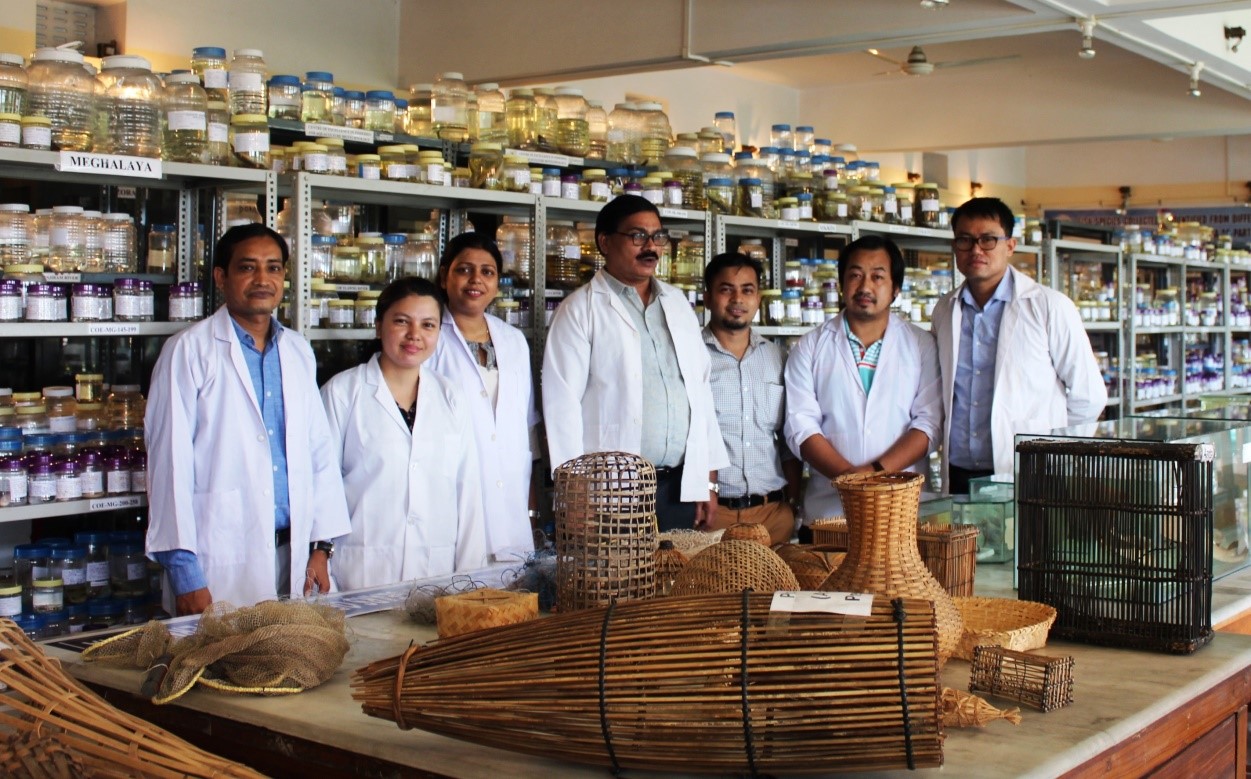
Unsustainable use of fishery resources and declining fish diversity are matters of grave concern. The identification and cataloguing fishes are necessary for the conservation of endangered species.
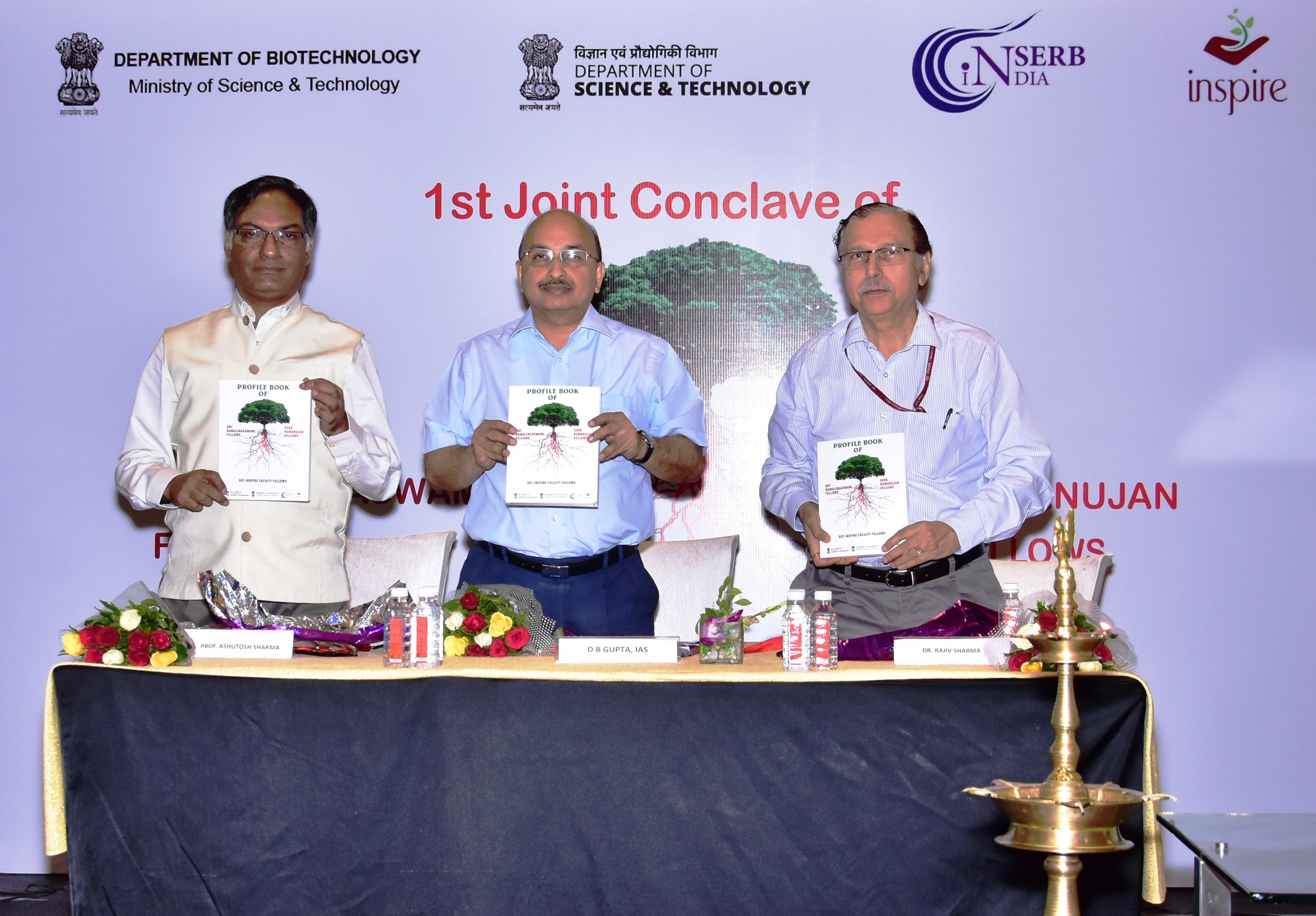
It is a silent change which has been occurring over the past one decade. The schemes launched to reverse the process of infamous ‘brain drain’ have finally started yielding results.

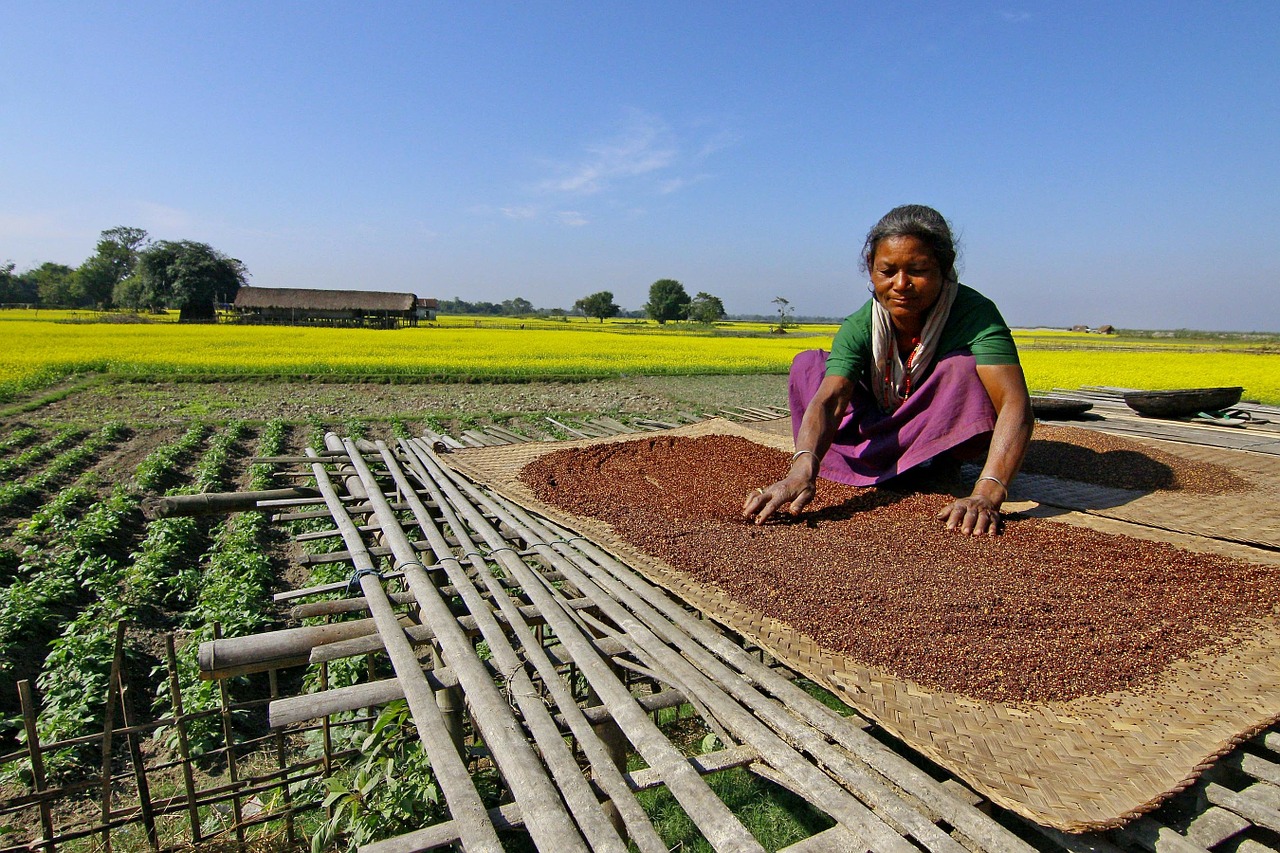
Researchers at Delhi-based TERI School of Advanced Studies have developed an early flowering transgenic variety of mustard.

Attired in a white lab coat, mixing oddly colored chemicals or observing tiny creatures through a microscope and working with sophisticated instruments. That’s how a typical scientist may look like in popular imagination.
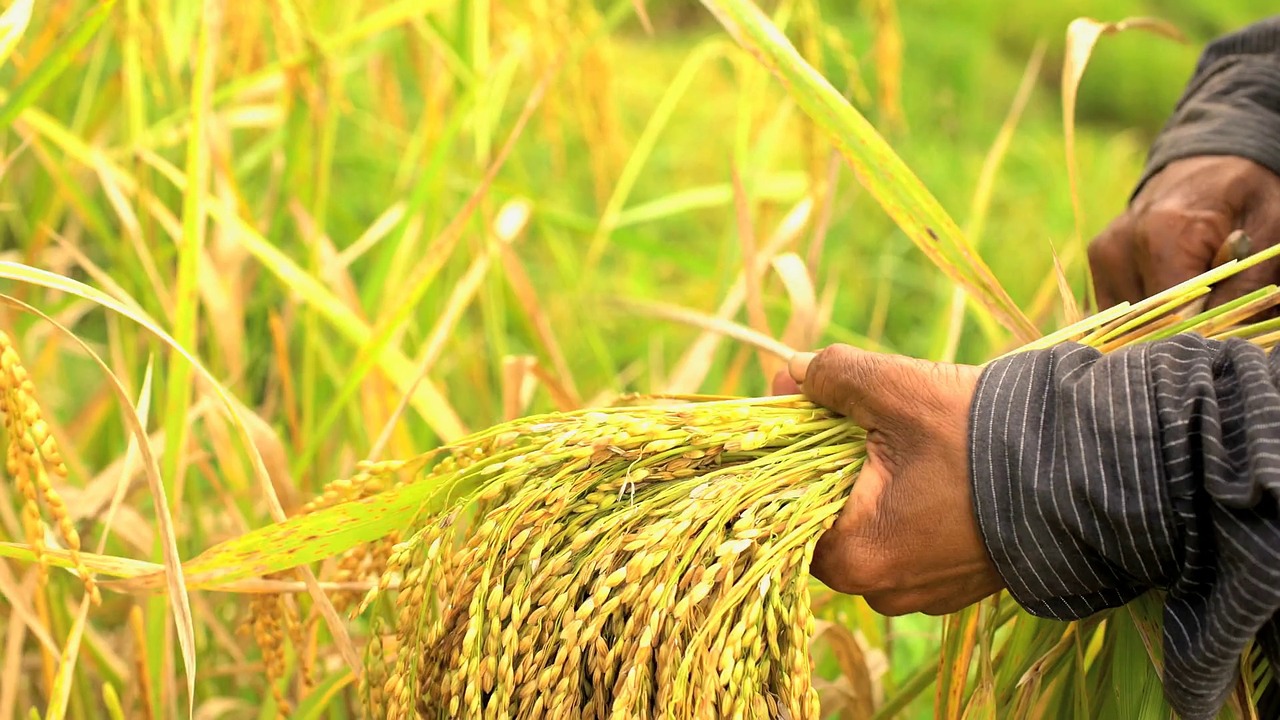
Have you ever wondered how a plant is able to sense nutrients in the soil? The answer lies in the root design. Plants have the capability to change angle and length of their roots as well as hair-like extensions on roots for absorbing nutrients from the soil.
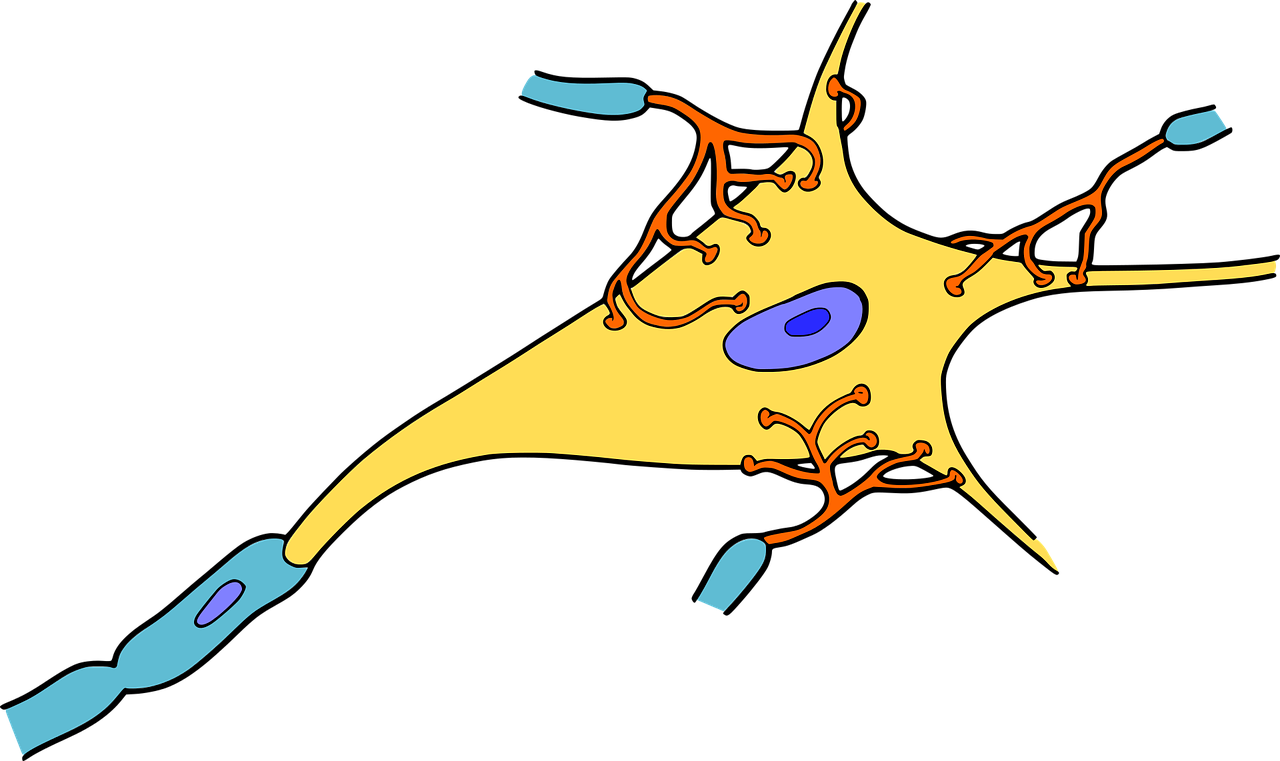
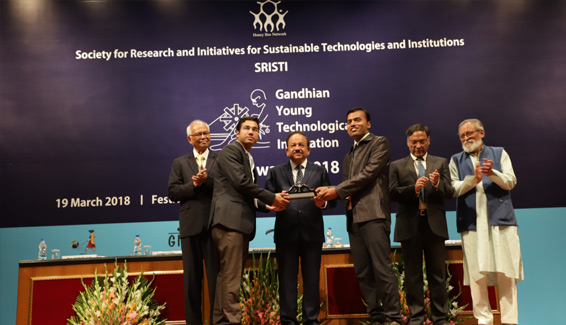
GYTI awards recognize technological excellence imbued with social relevance among students from all over the country

“Women’s involvement in science and technology encounters bias in regard to disciplines and academic or professional level of responsibility,” observed Kesari Nath Tripathi, Governor of West Bengal, while inaugurating the Women Science Congress during in the Indian Science Congress session here.
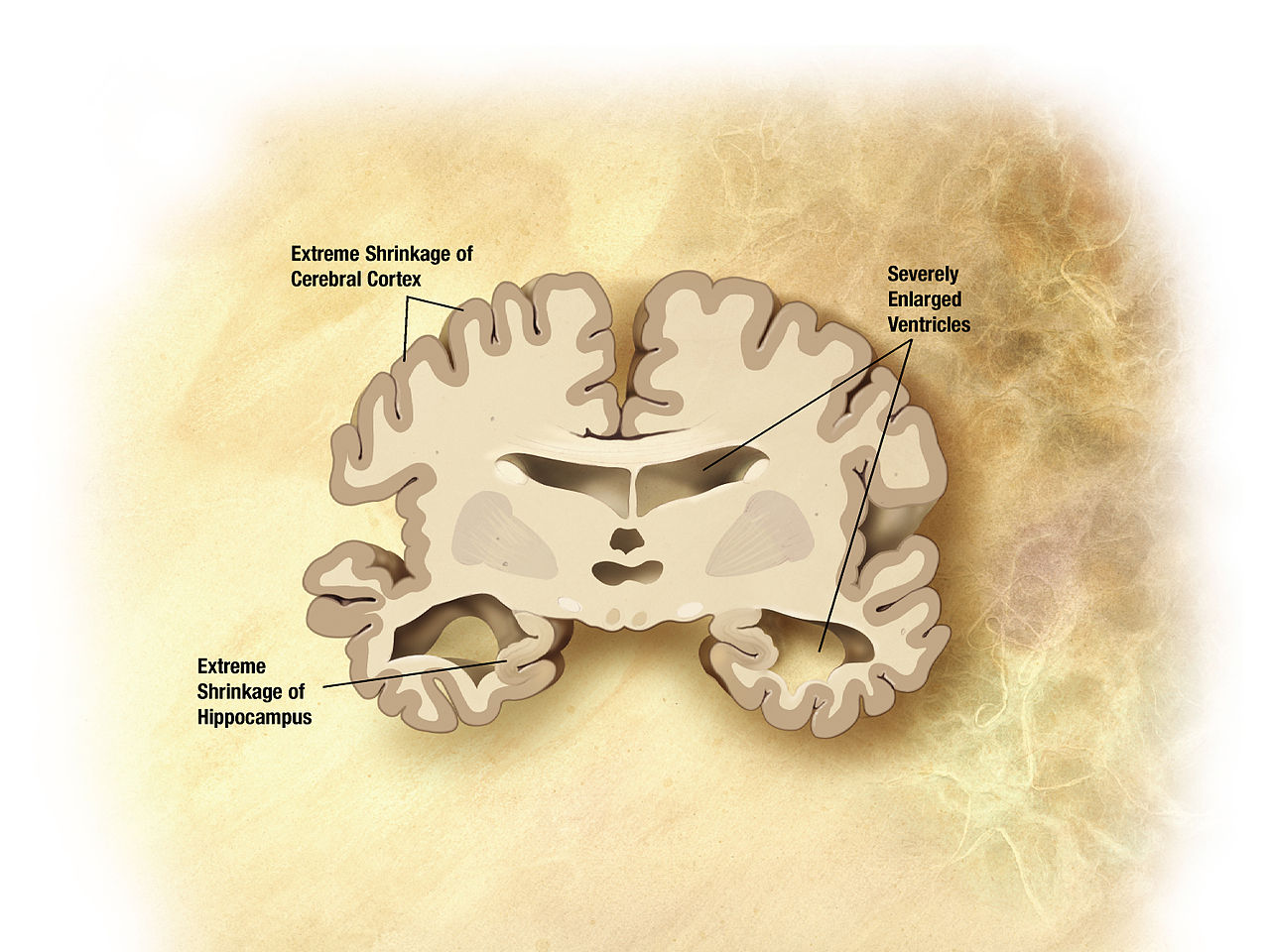
In a significant advance in the understanding of Alzheimer’s disease, scientists at the Indian Institute of Science (IISc), Bengaluru, have figured out the way memory deficit develops in early stages.
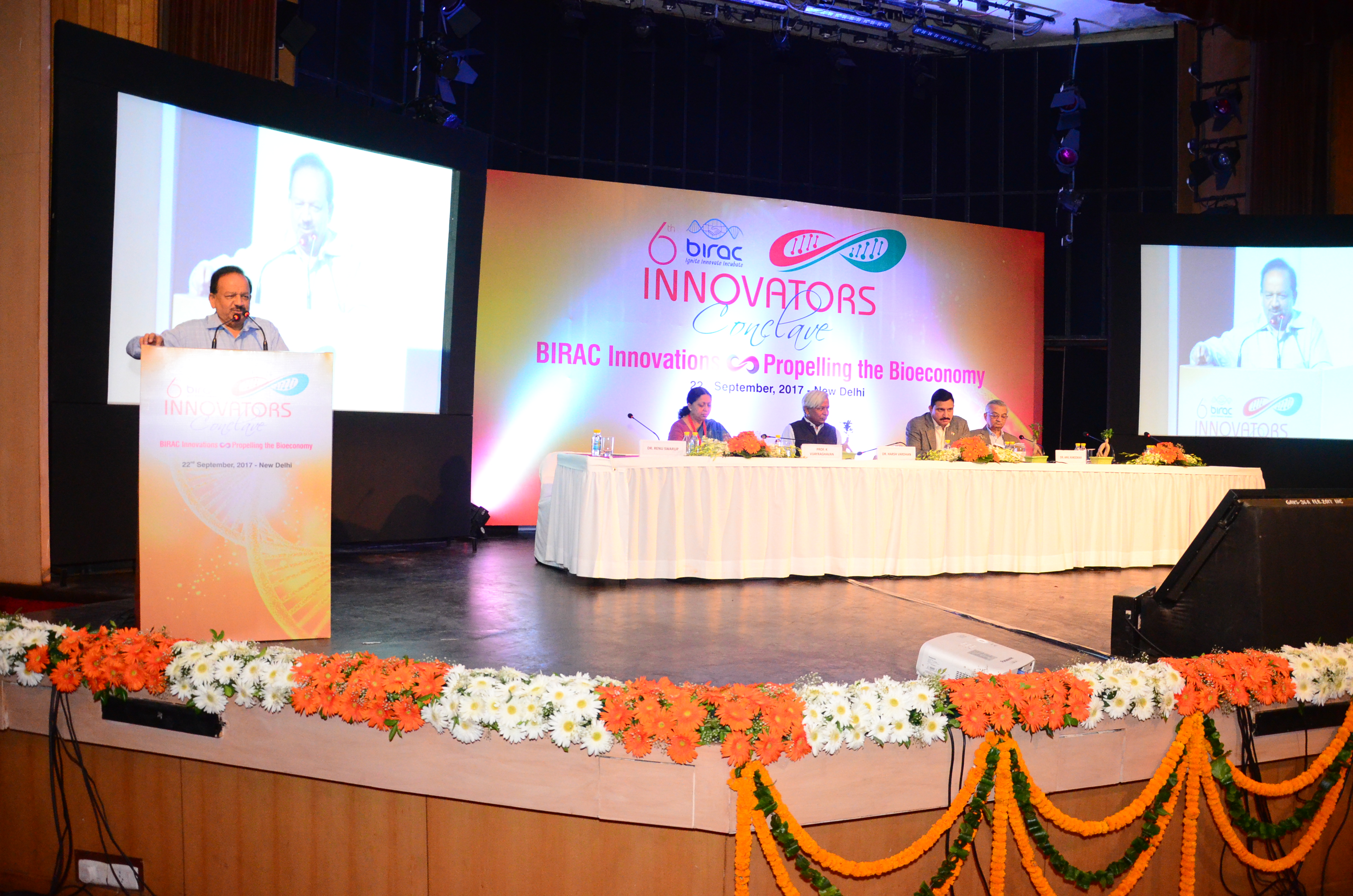
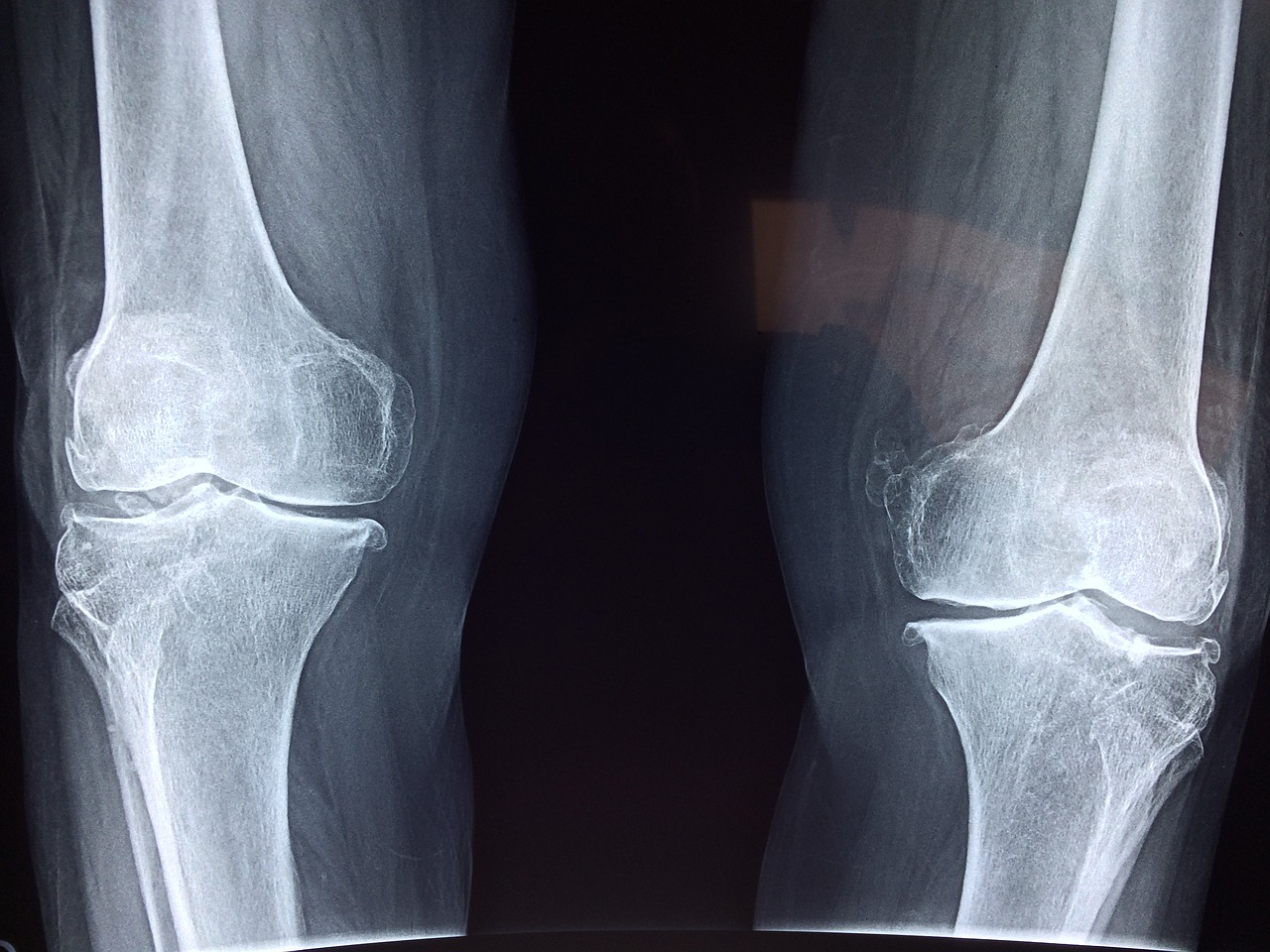
Researchers at the Indian Institute of Technology Kanpur have reported the role of two novel molecules - NFIA and GATA3 - in development of joint cartilage during embryo growth. They have observed in chicken and mouse studies that both these molecules prevent cartilage degeneration
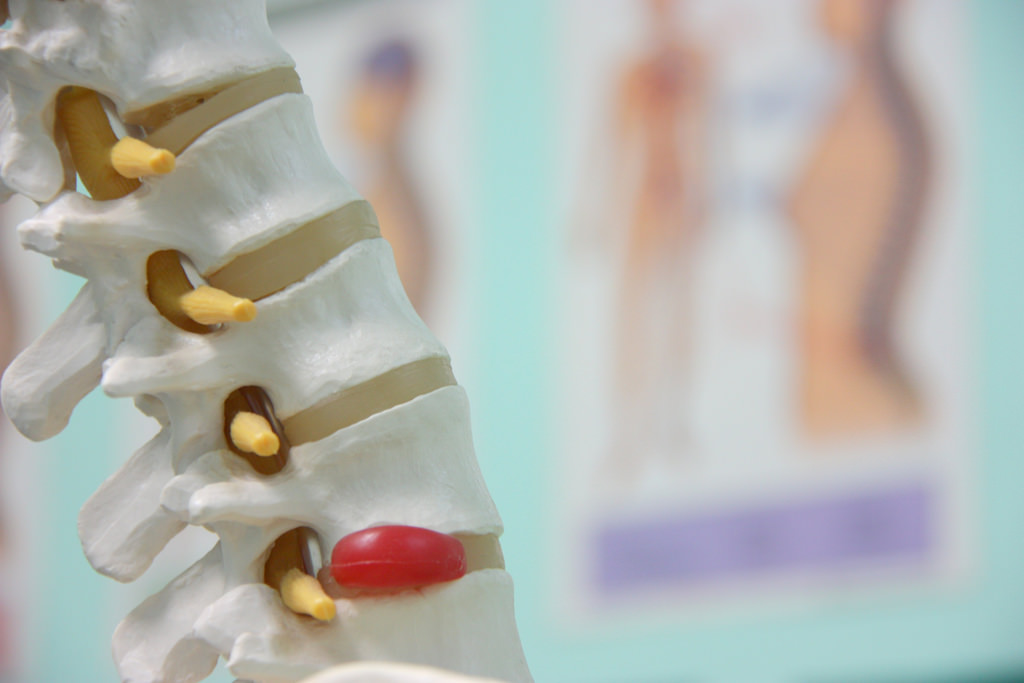
Degenerative disc disease is a major cause of low back pain affecting the mobility of people. A group of Indian scientists have developed a silk-based bioartificial disc that may find use in disc replacement therapy in future.
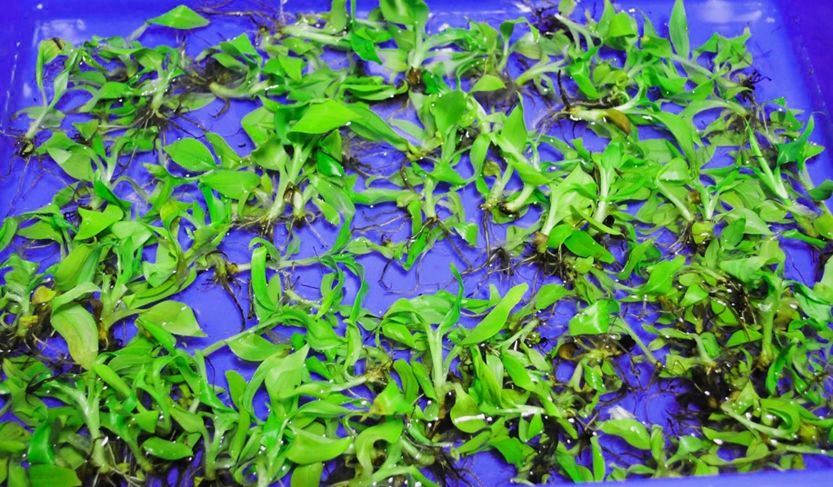
Banana is a popular fruit crop and in India is its largest producer globally. It is the fourth most important food crop after wheat, rice, and corn in terms of gross value of production. Now Indian scientists have used latest gene-editing techniques to modify the banana genome, for the first time.
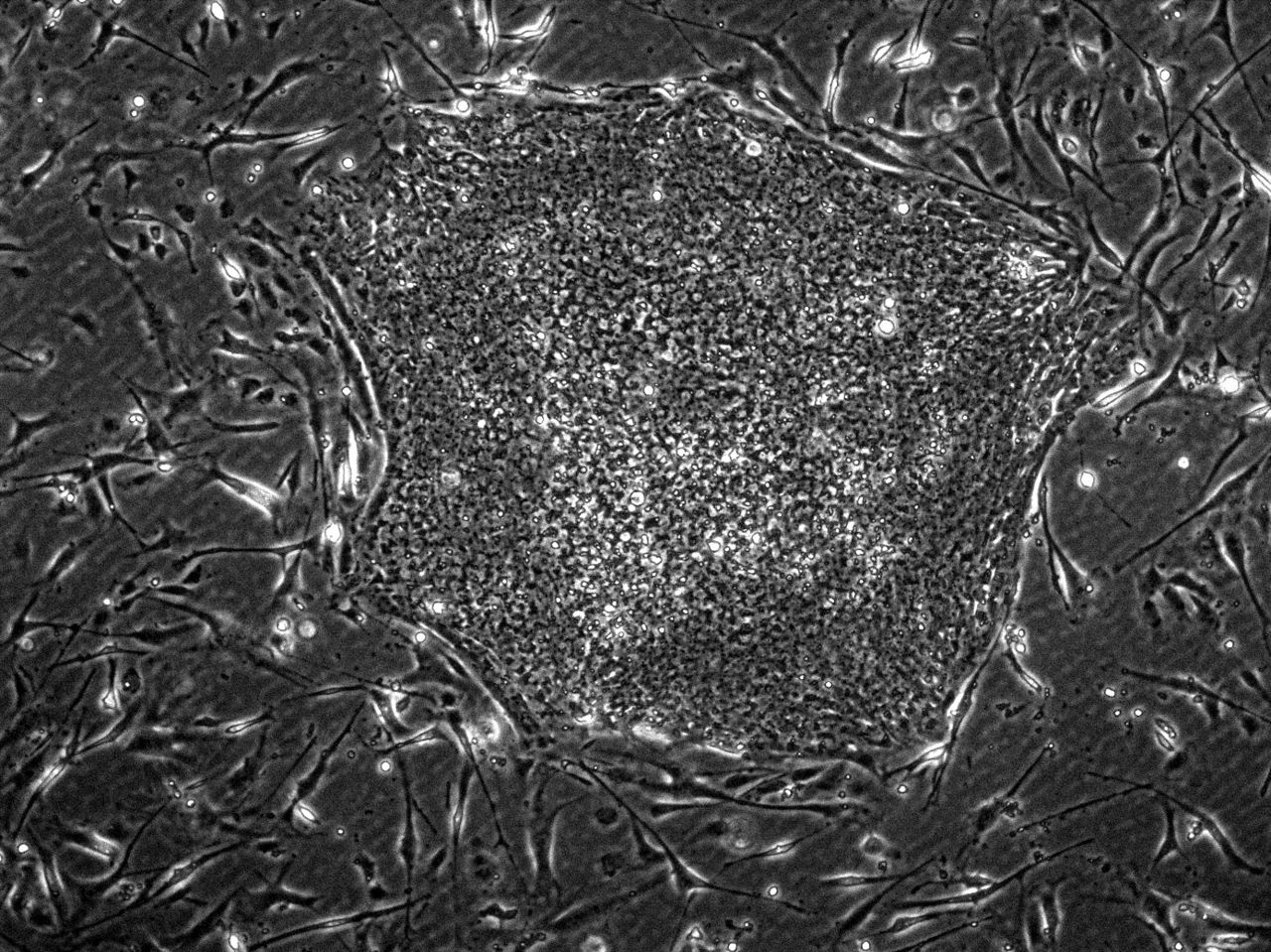

The fight against environmental pollution could soon witness a paradigm shift, with a new study showing that domestic sewage is increasingly becoming a major source of Nitrogen pollution.

Overuse and misuse of antibiotic drugs have given rise to disease-causing bugs developing resistance. In order to provide effective treatment for various infections, it has become necessary to quickly find out if an infection-causing agent is resistant or susceptible to drugs.
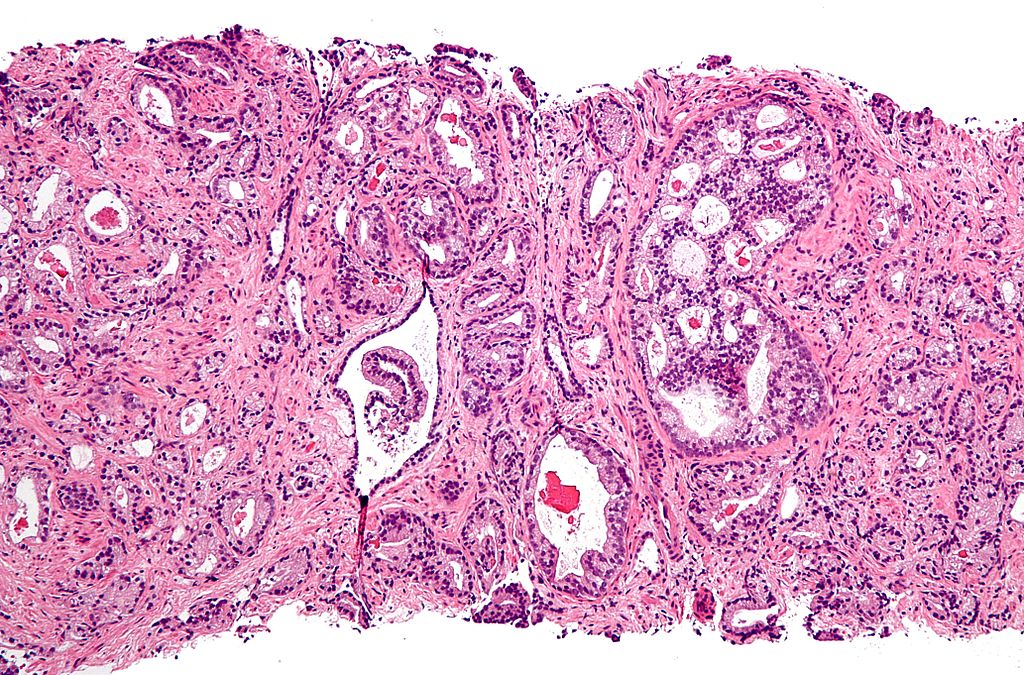
A group of Indian scientists have identified a sensitive and specific diagnostic marker for prostate cancer that may differentiate between cancerous and non-cancerous prostate enlargement.
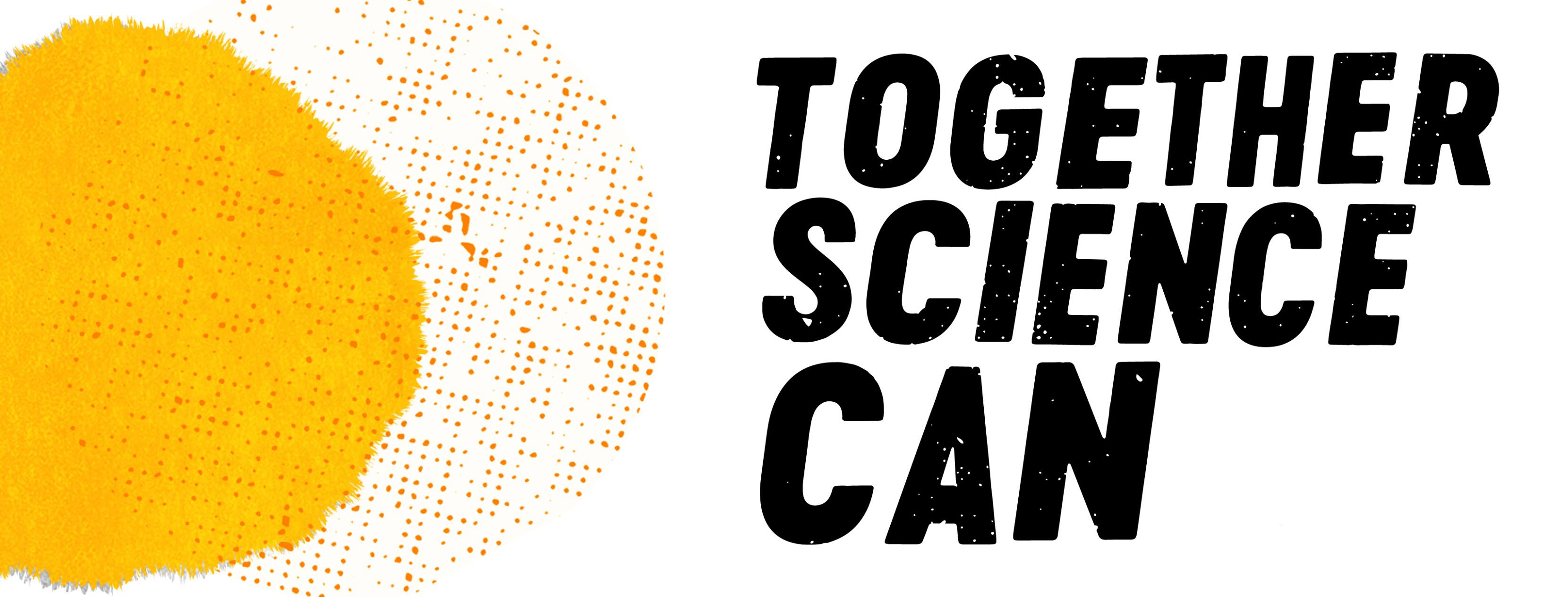
Internet is huge! Help us find great content
Never miss a thing! Sign up for our newsletter to stay updated.
Research Stash is a curated collection of tools and News for S.T.E.M researchers
Have any questions or want to partner with us? Reach us at hello@researchstash.com